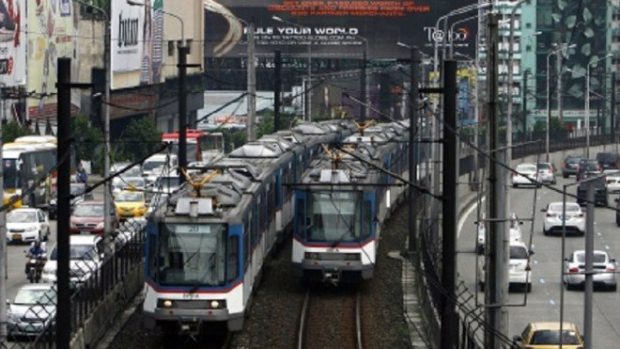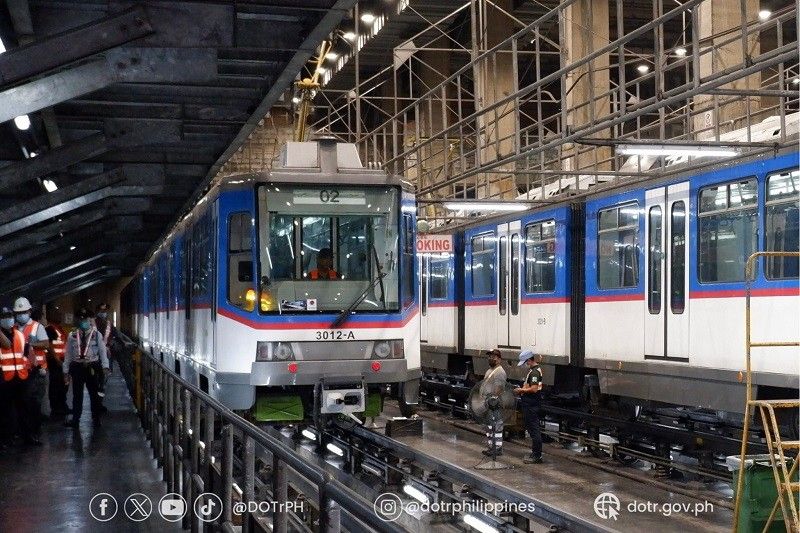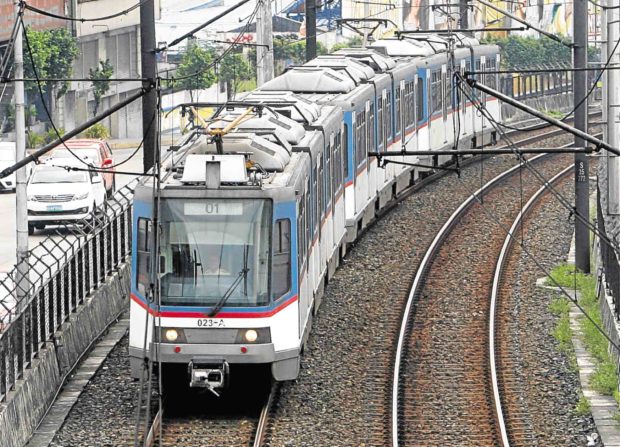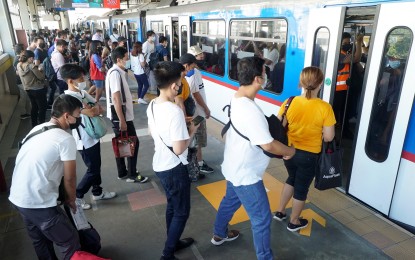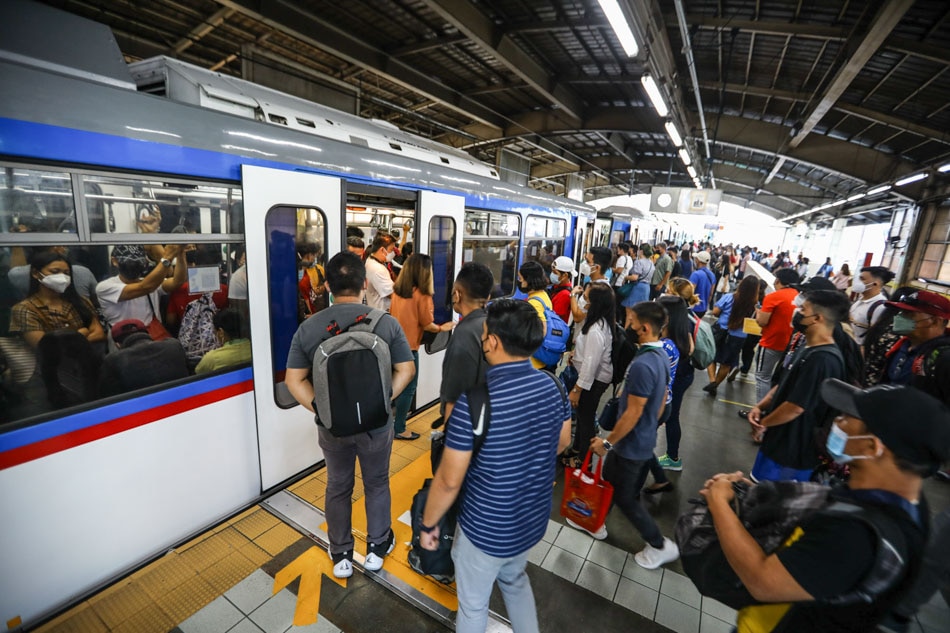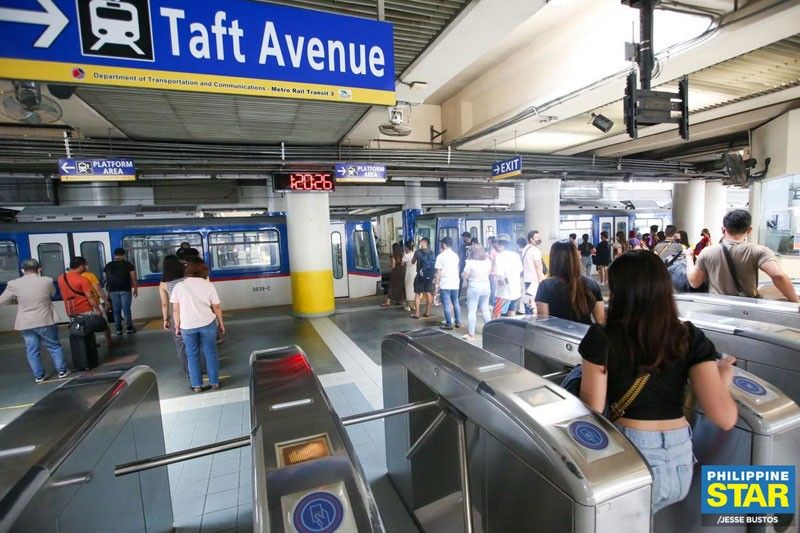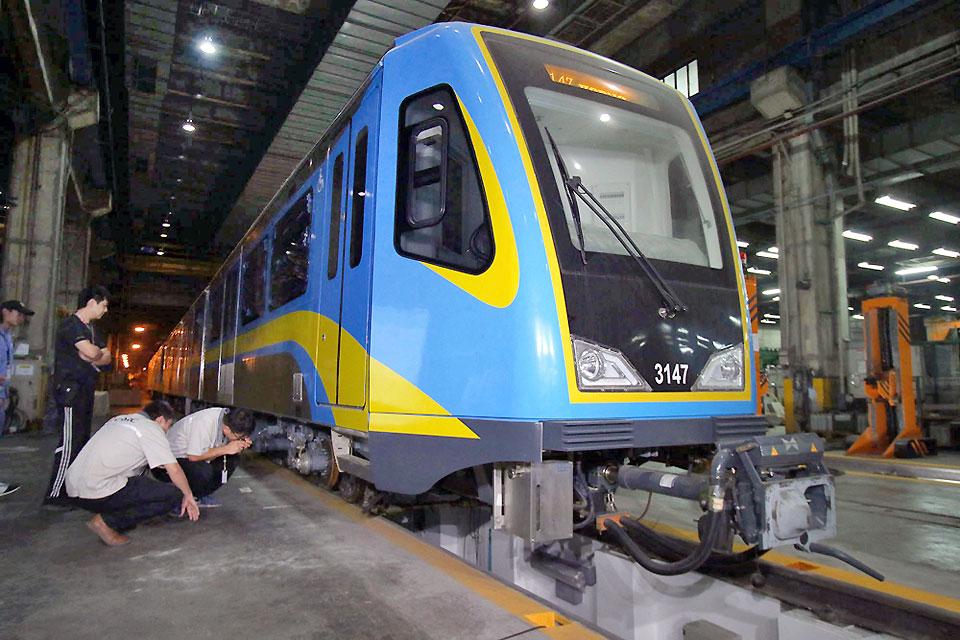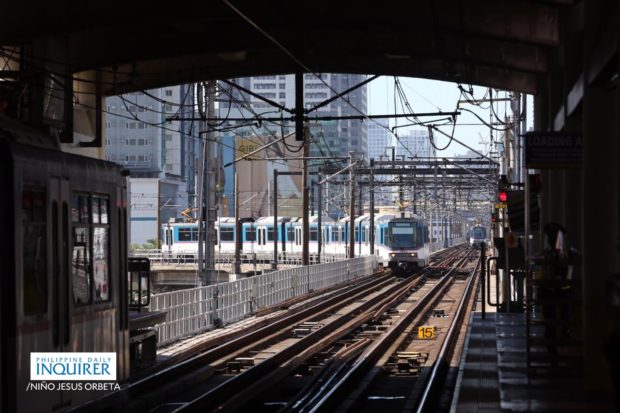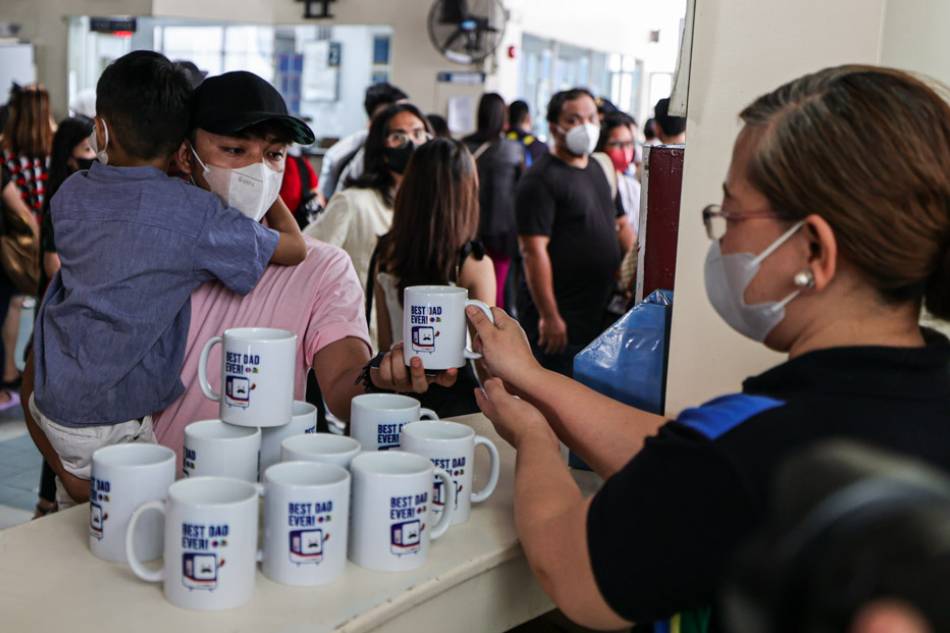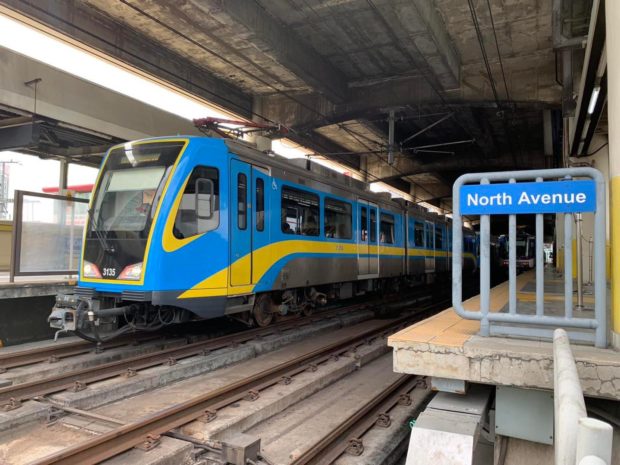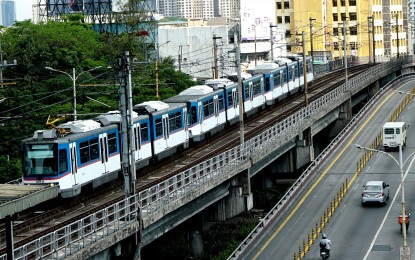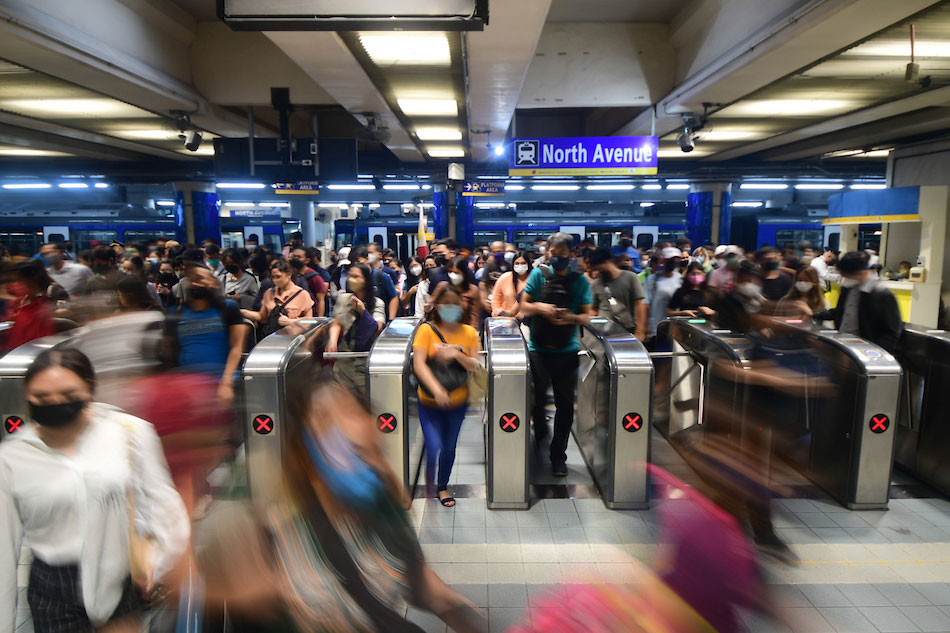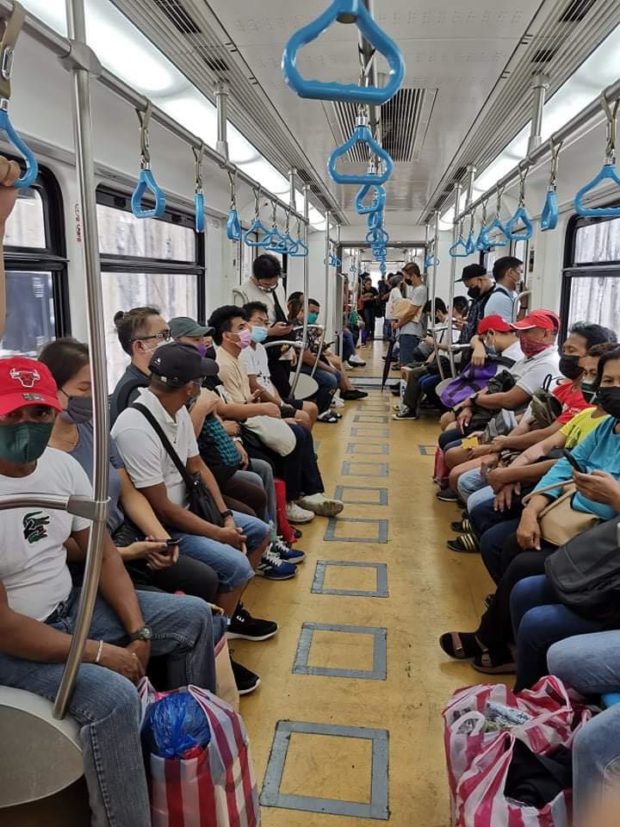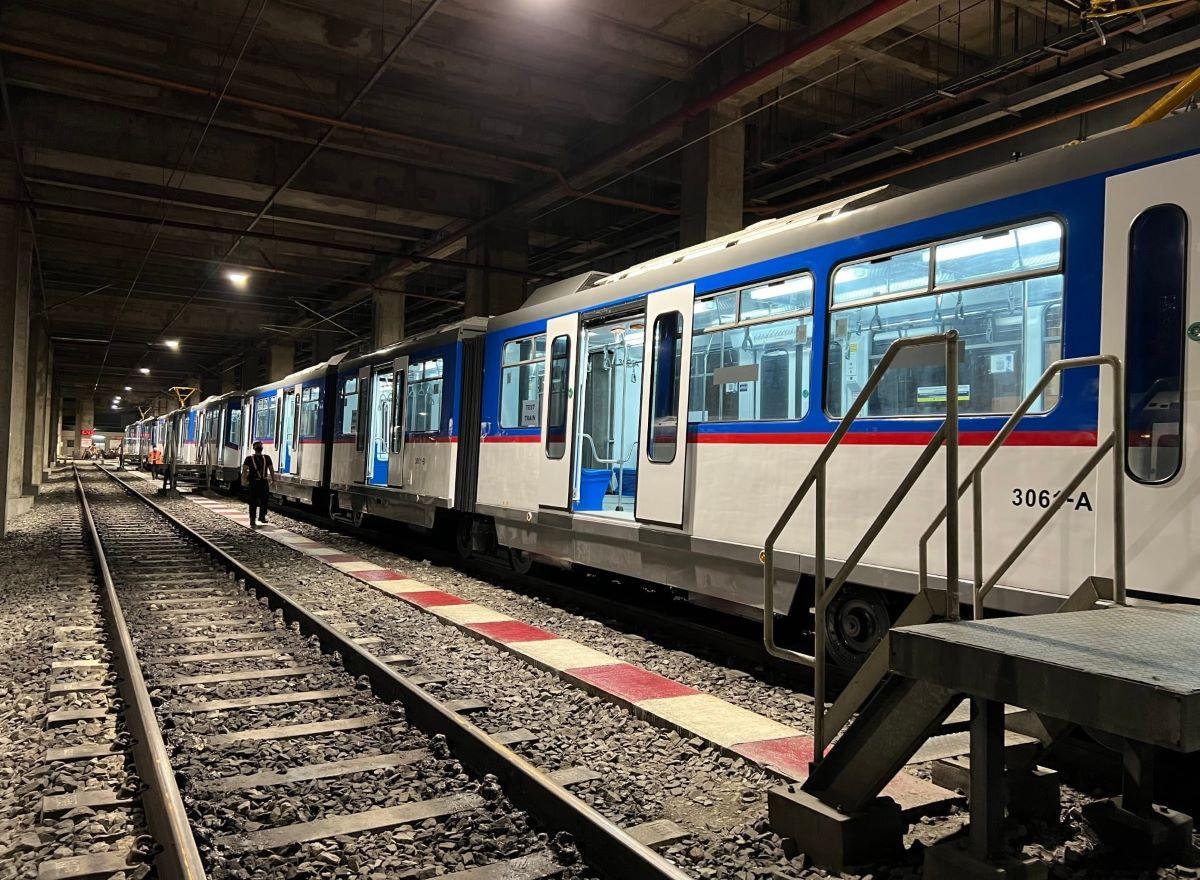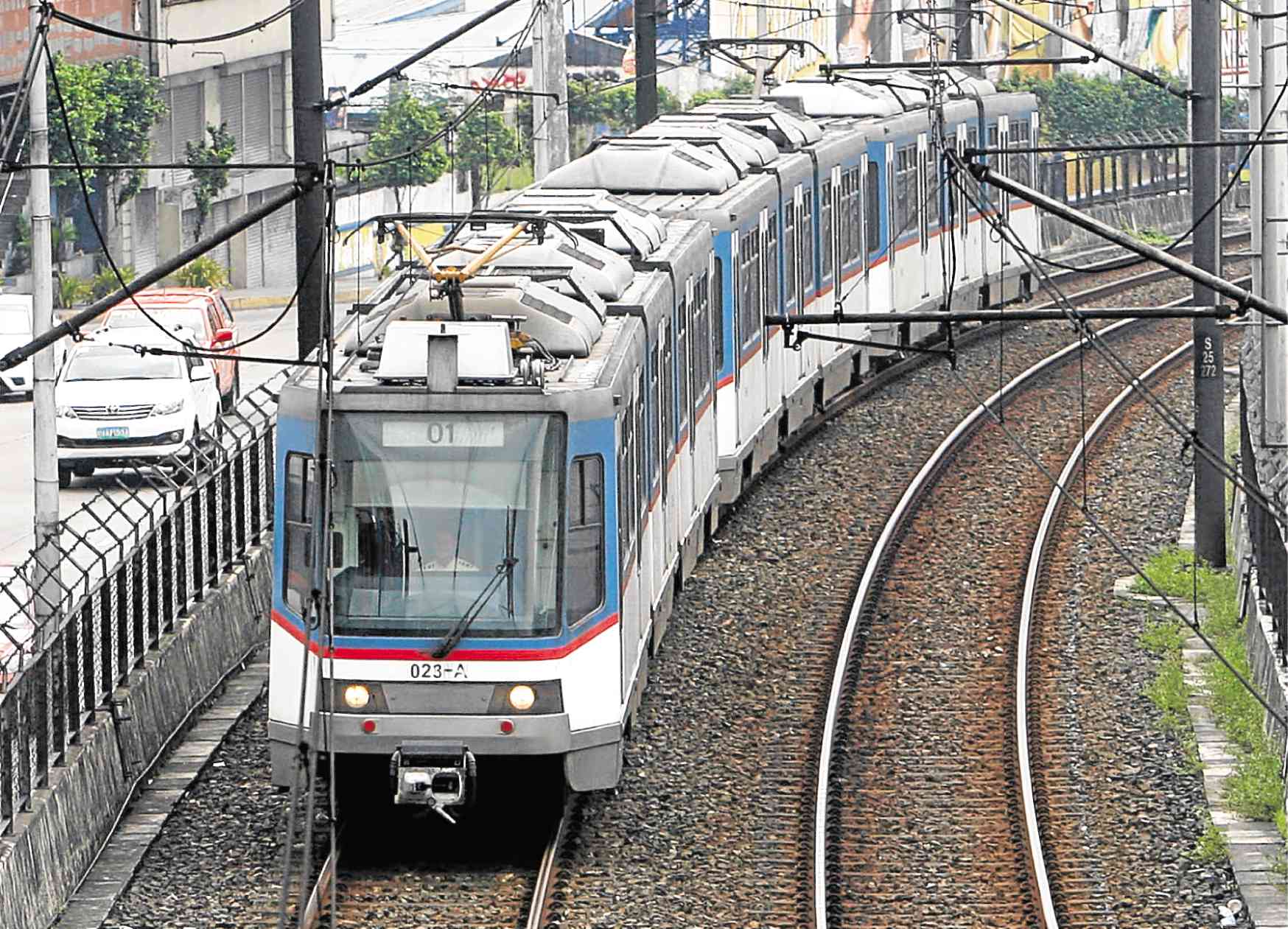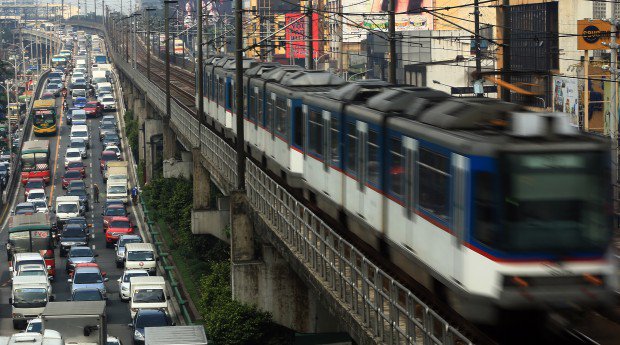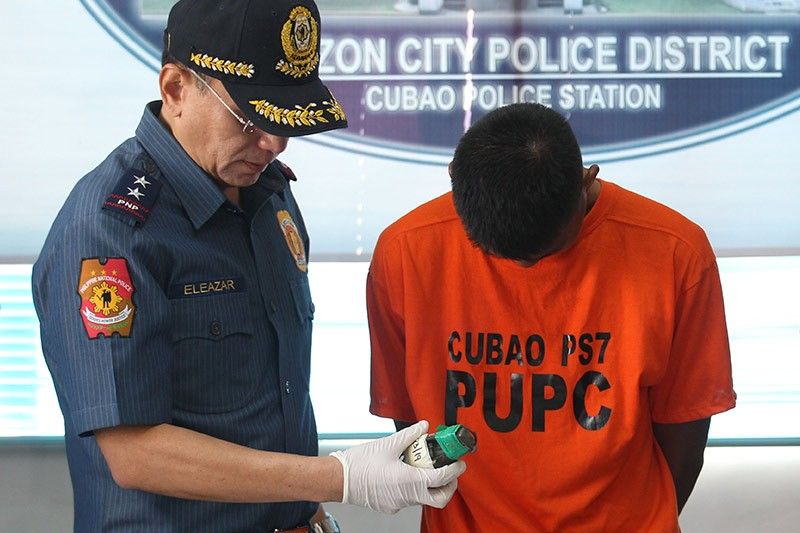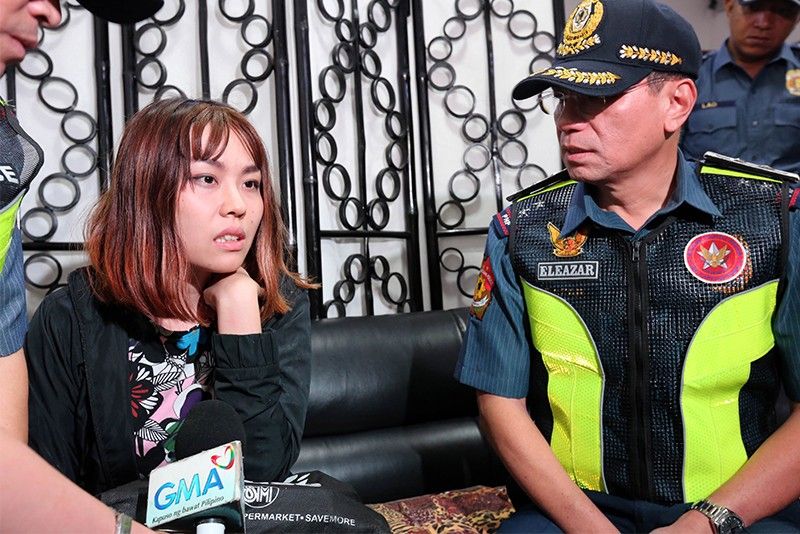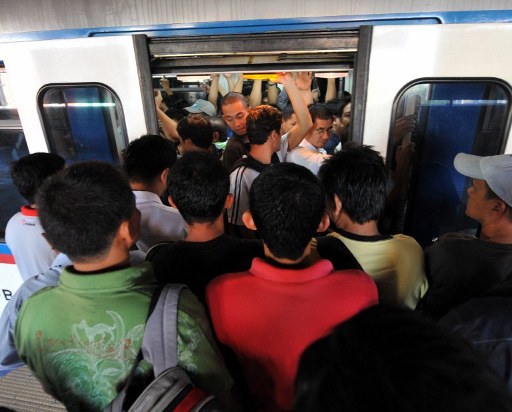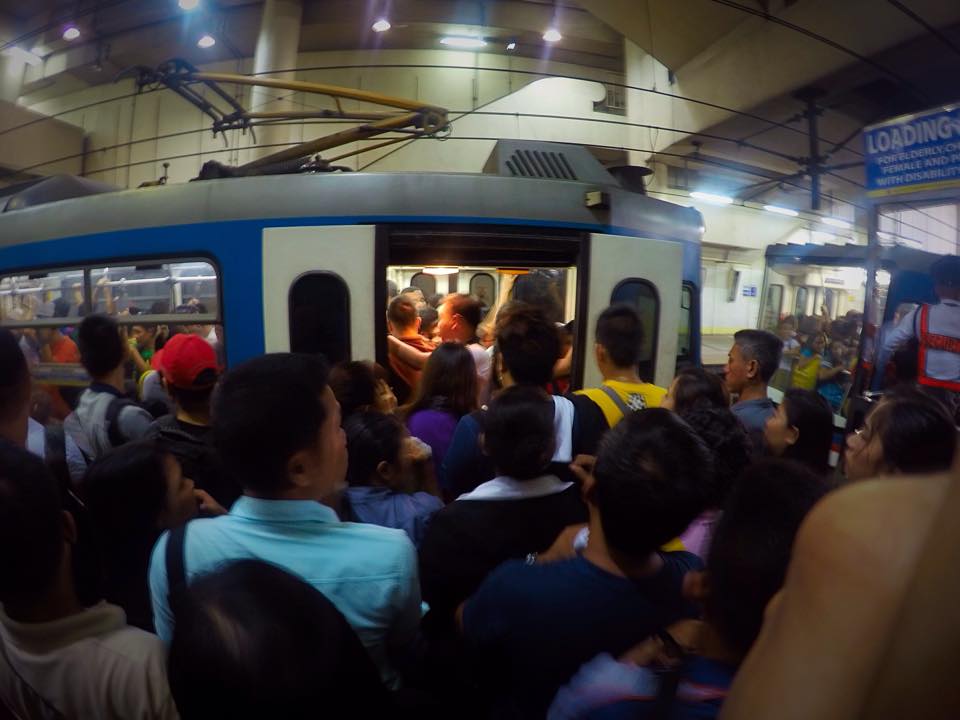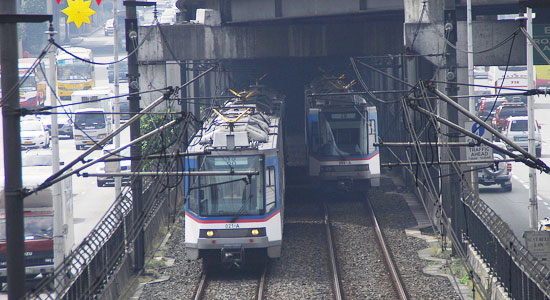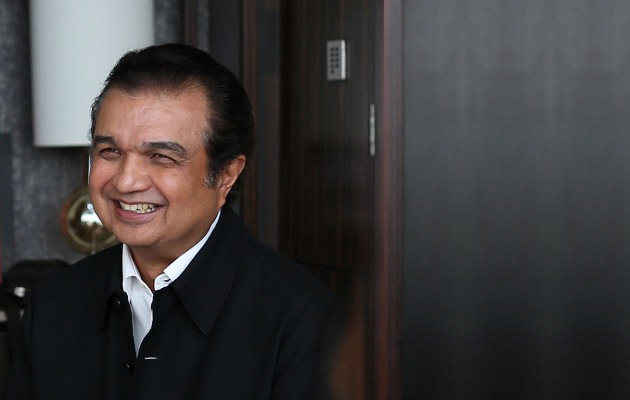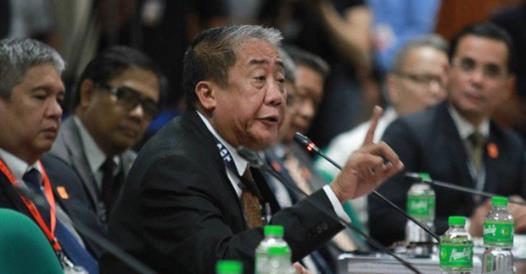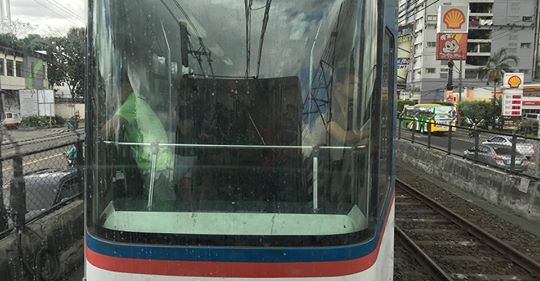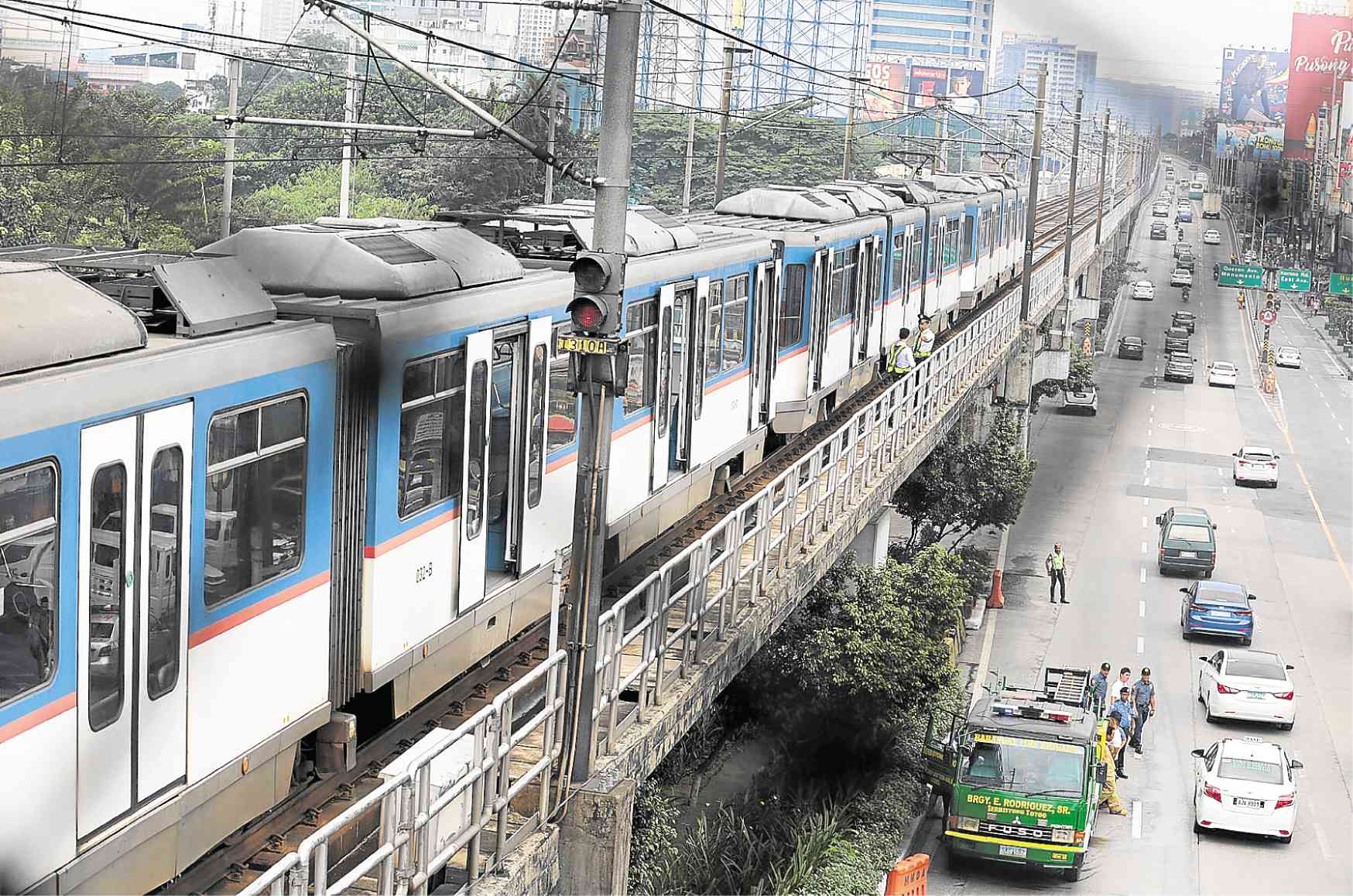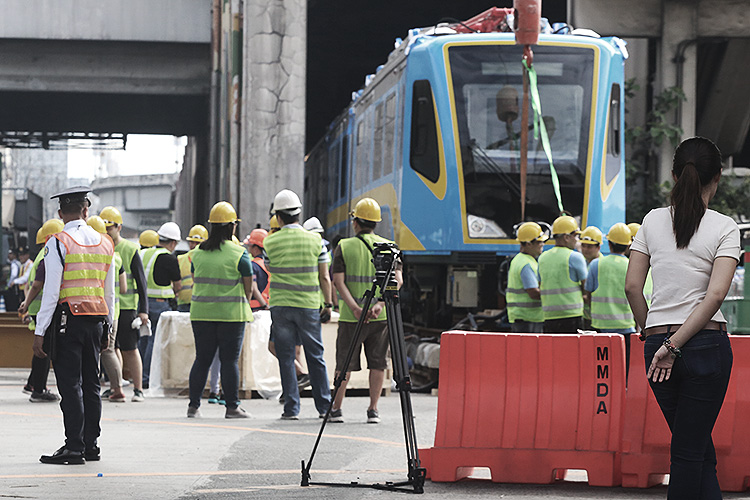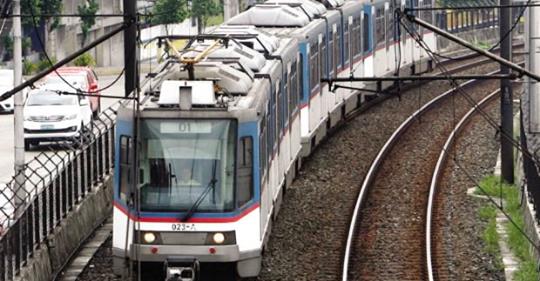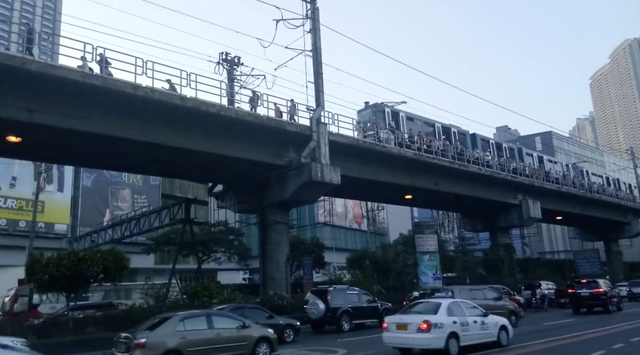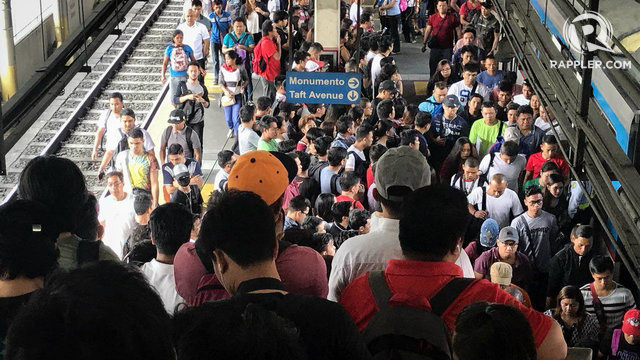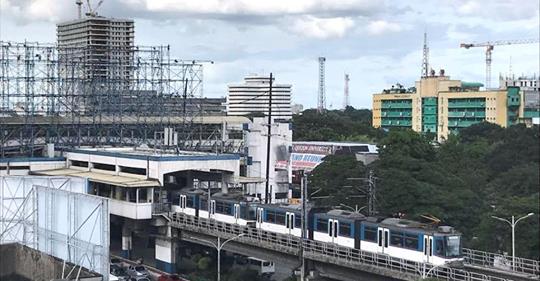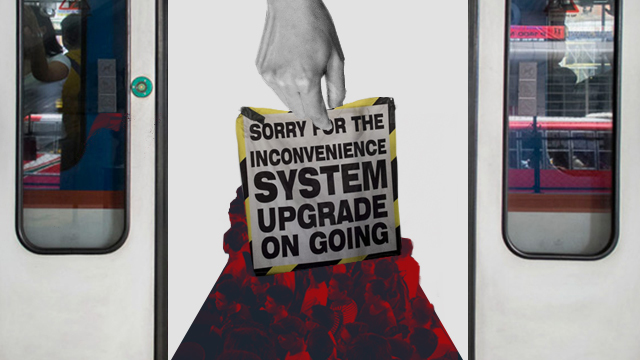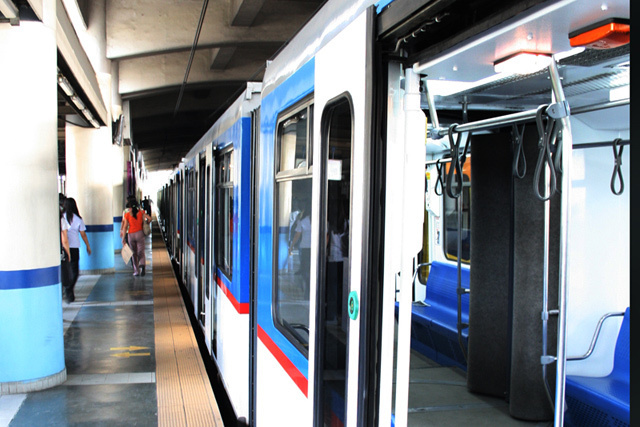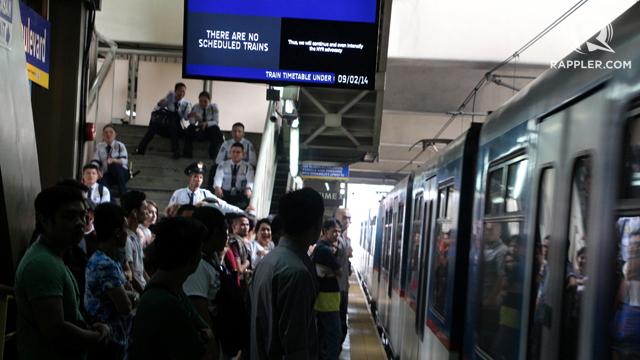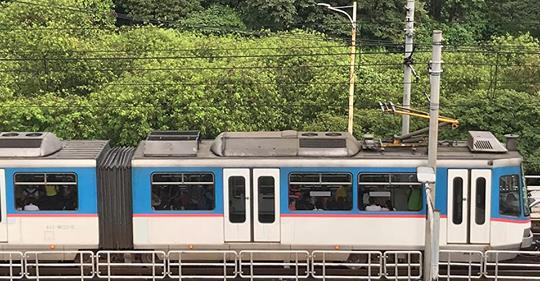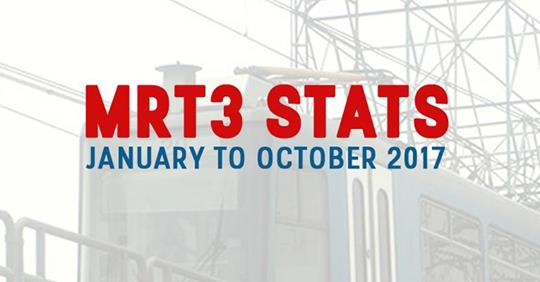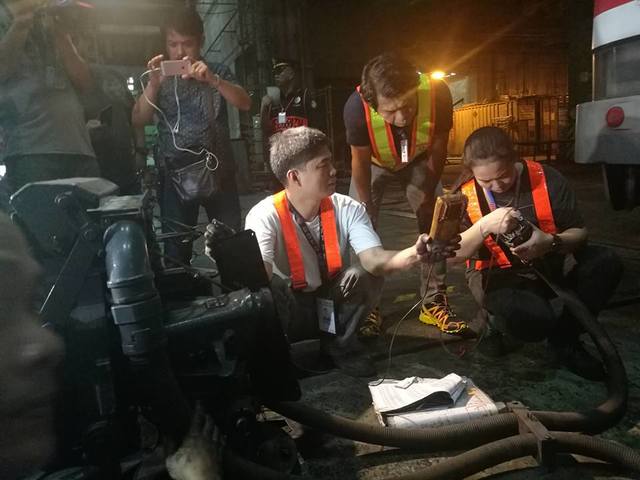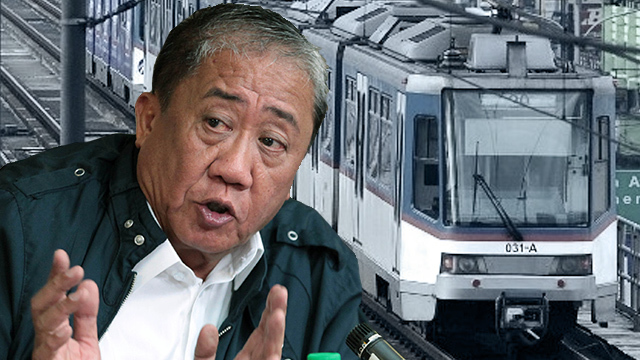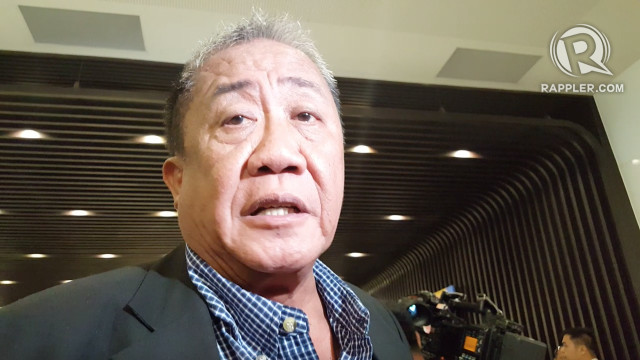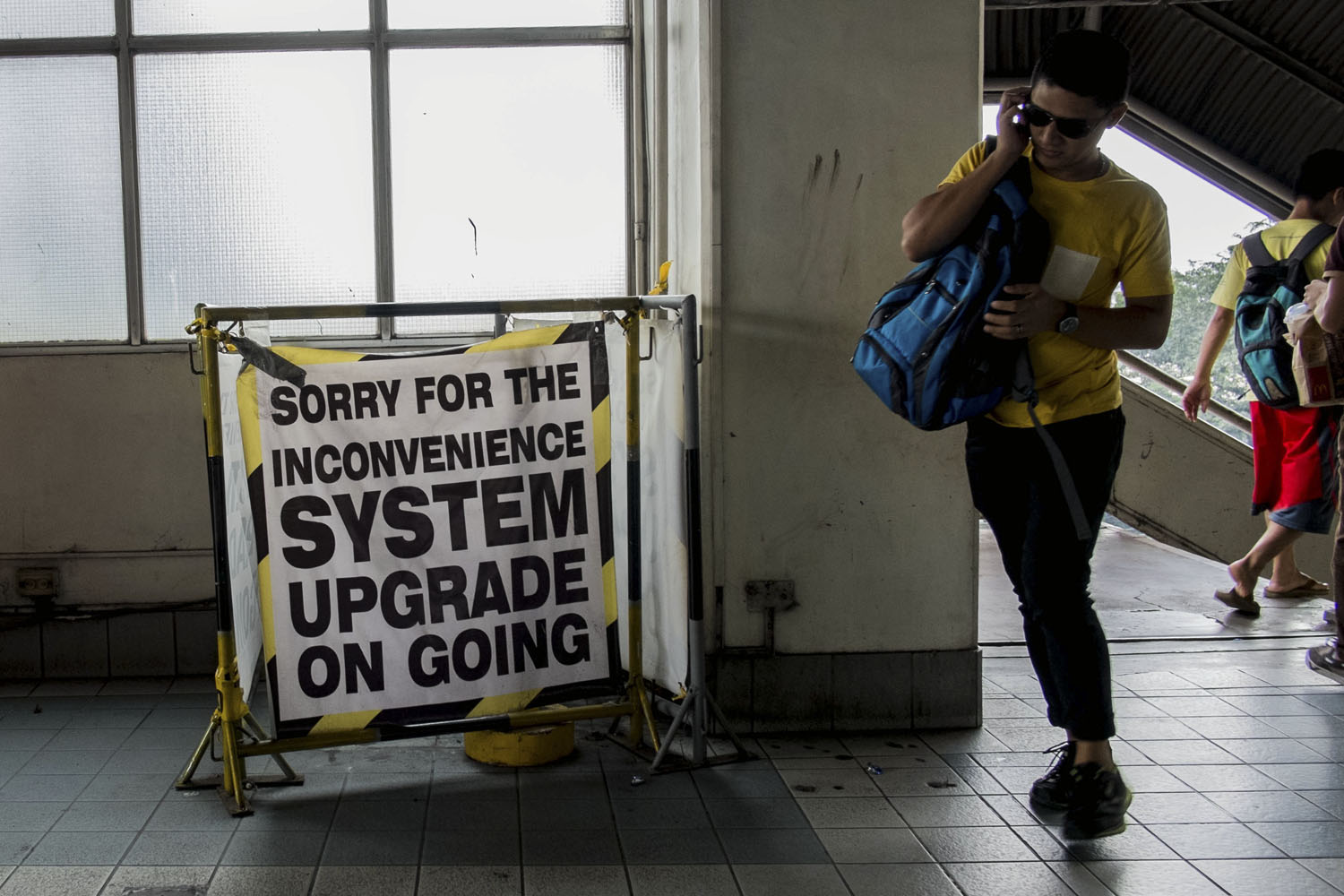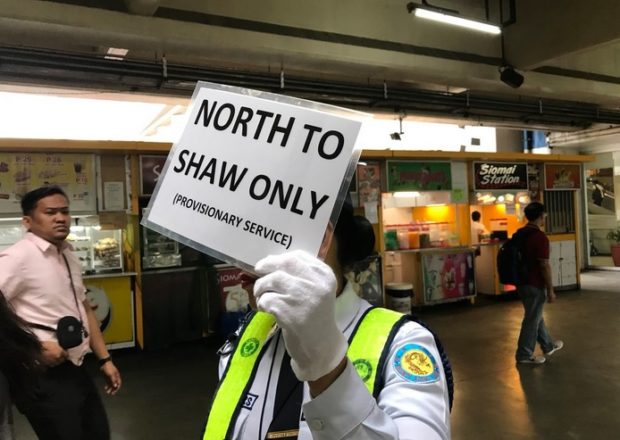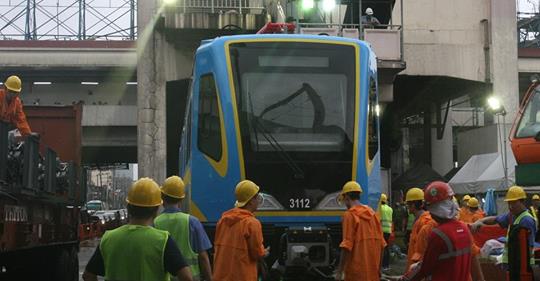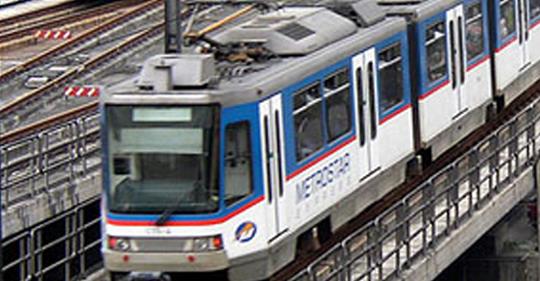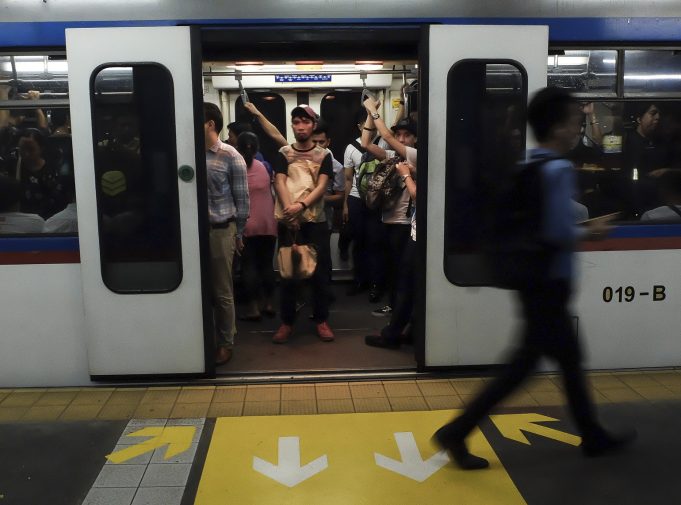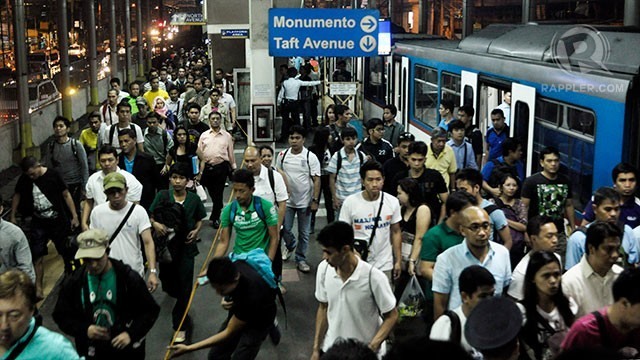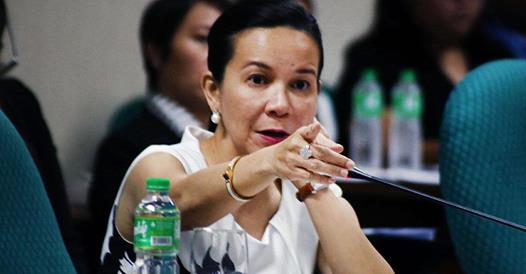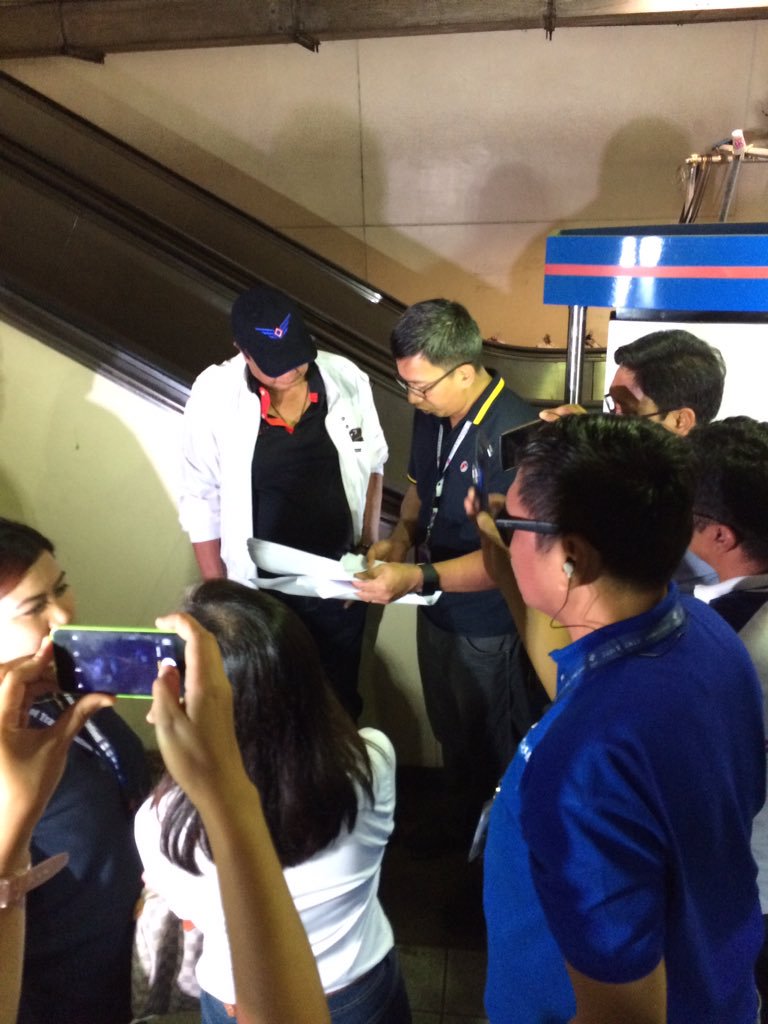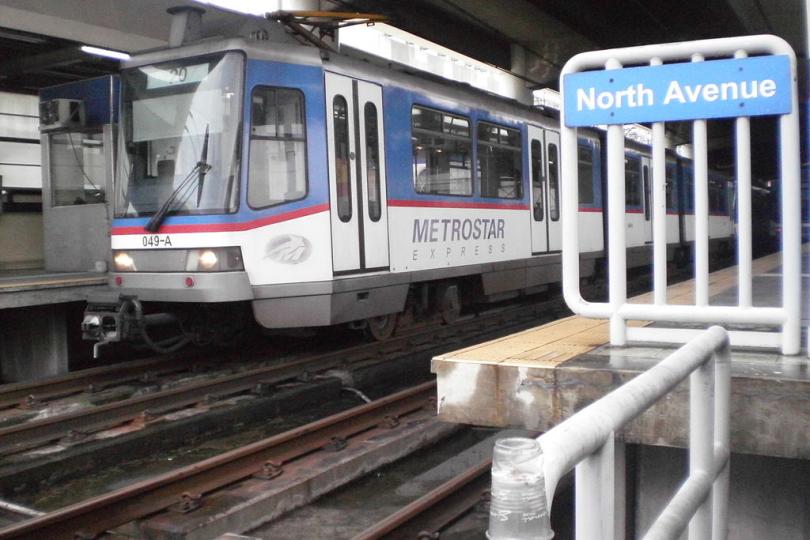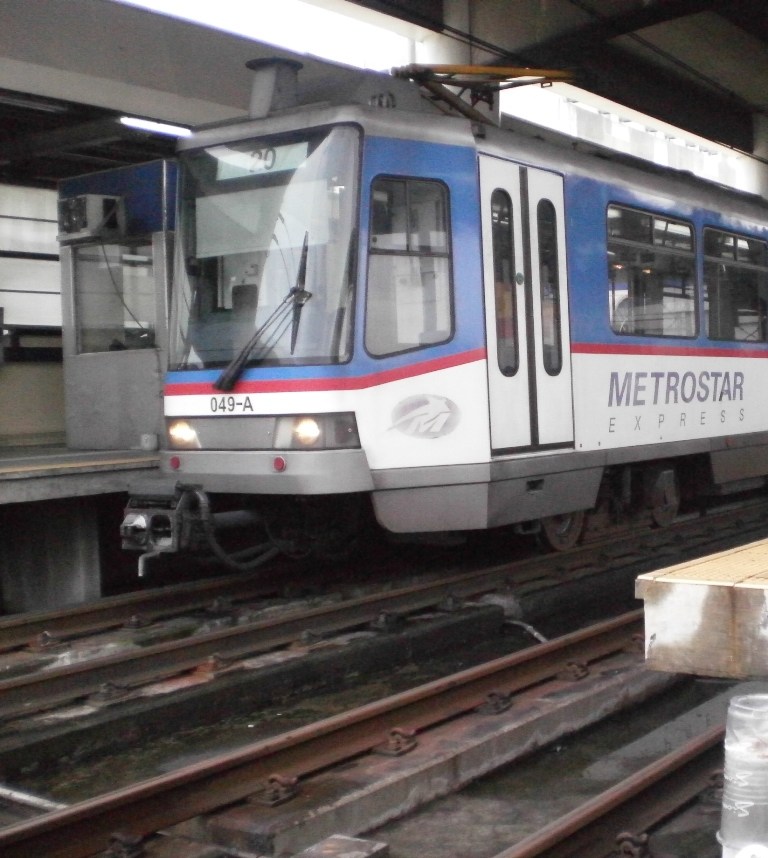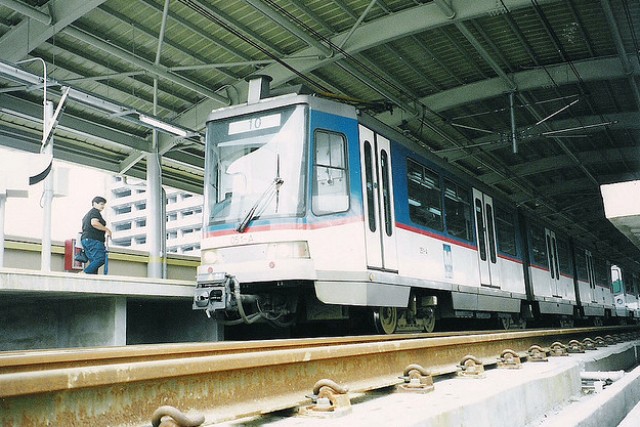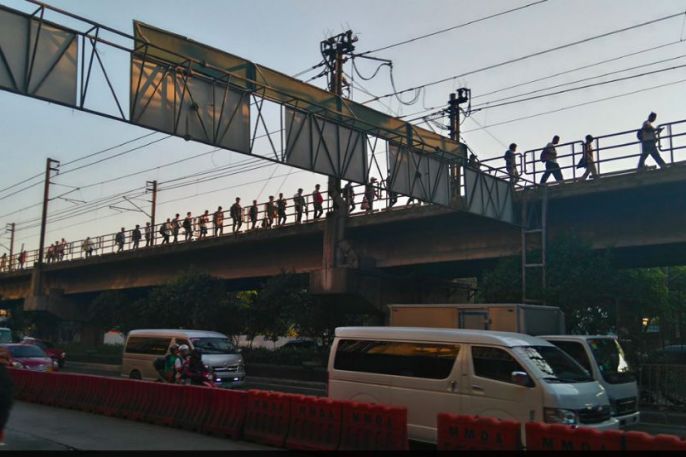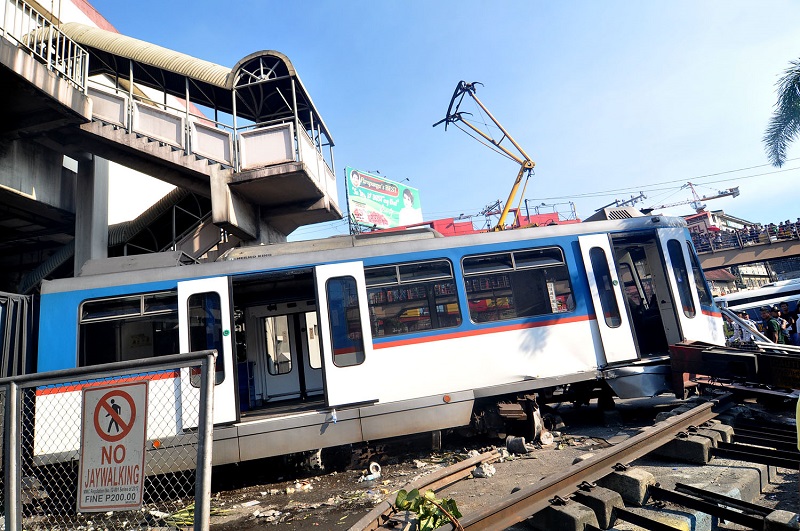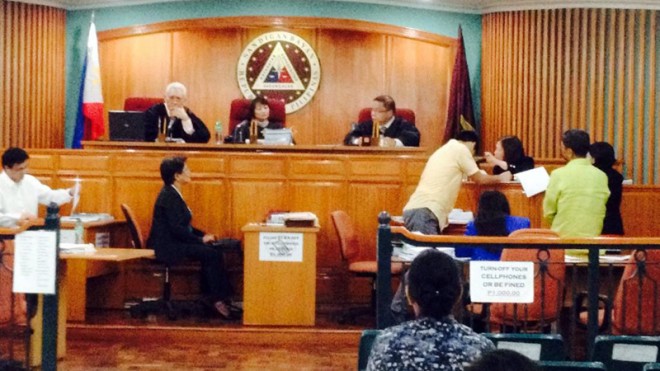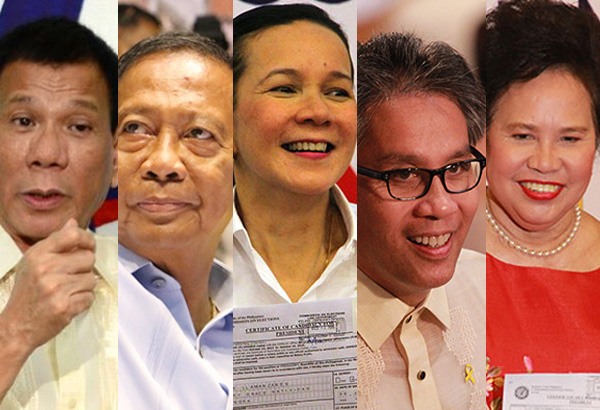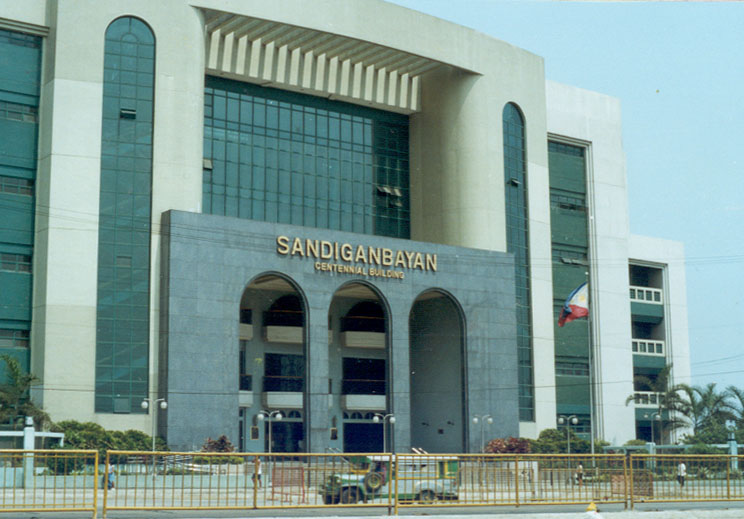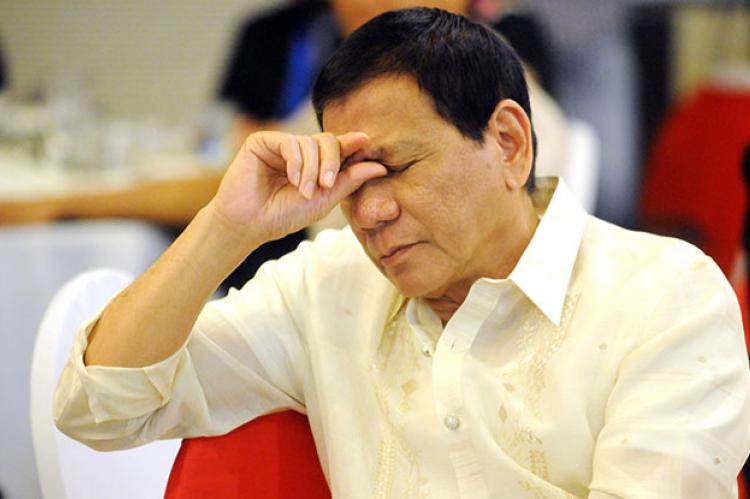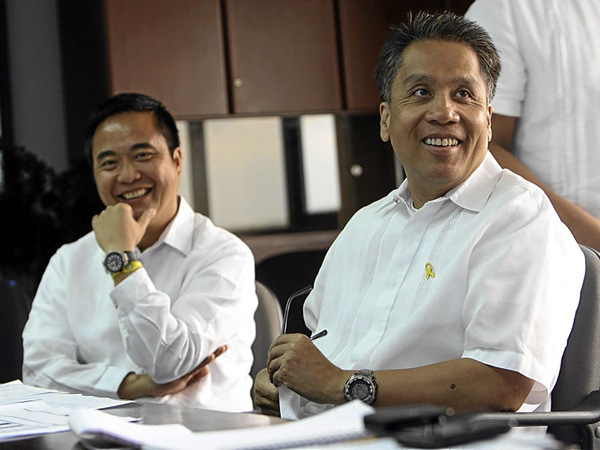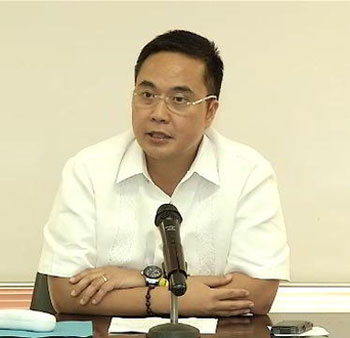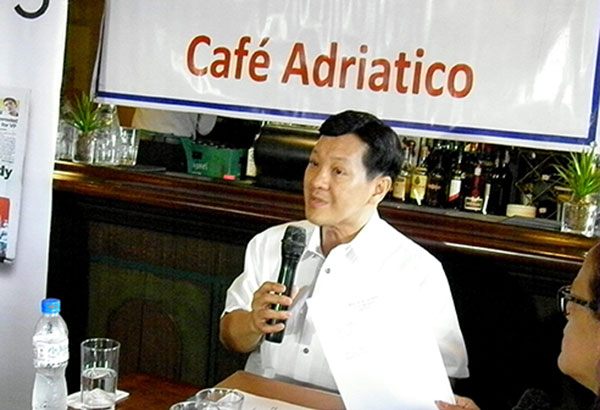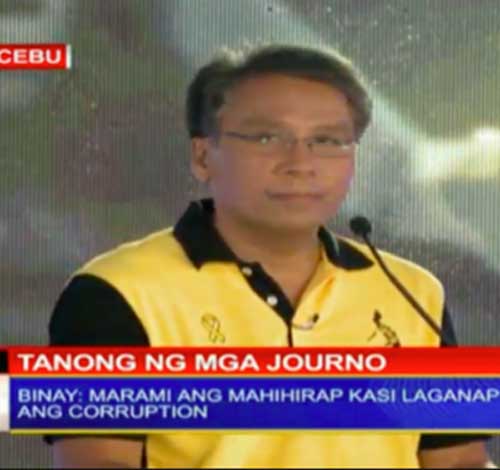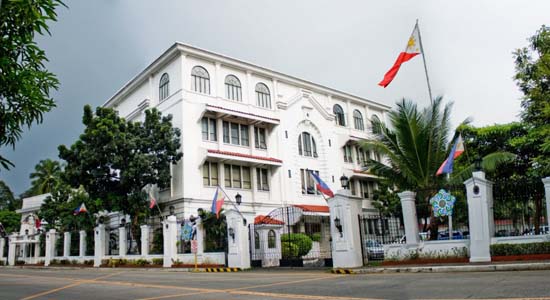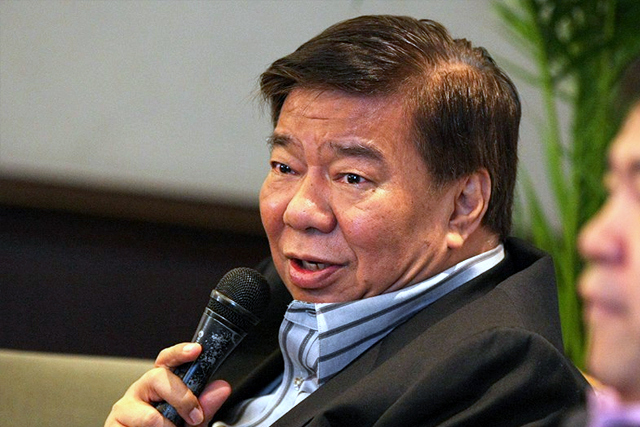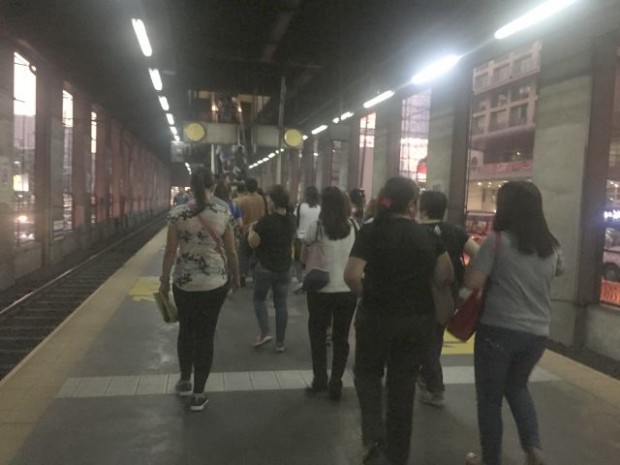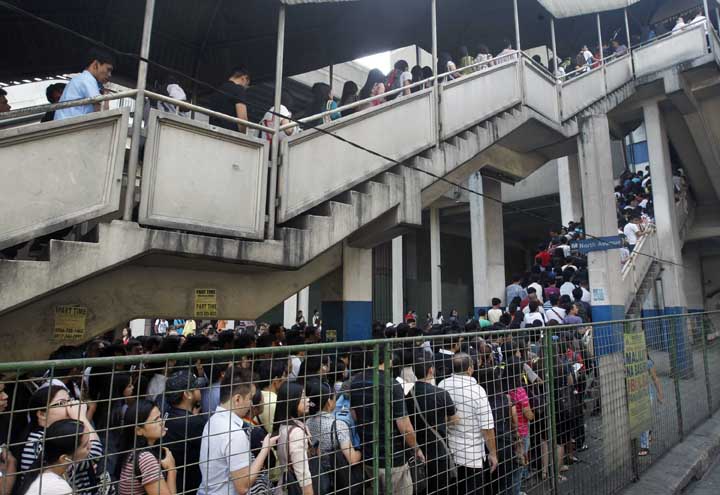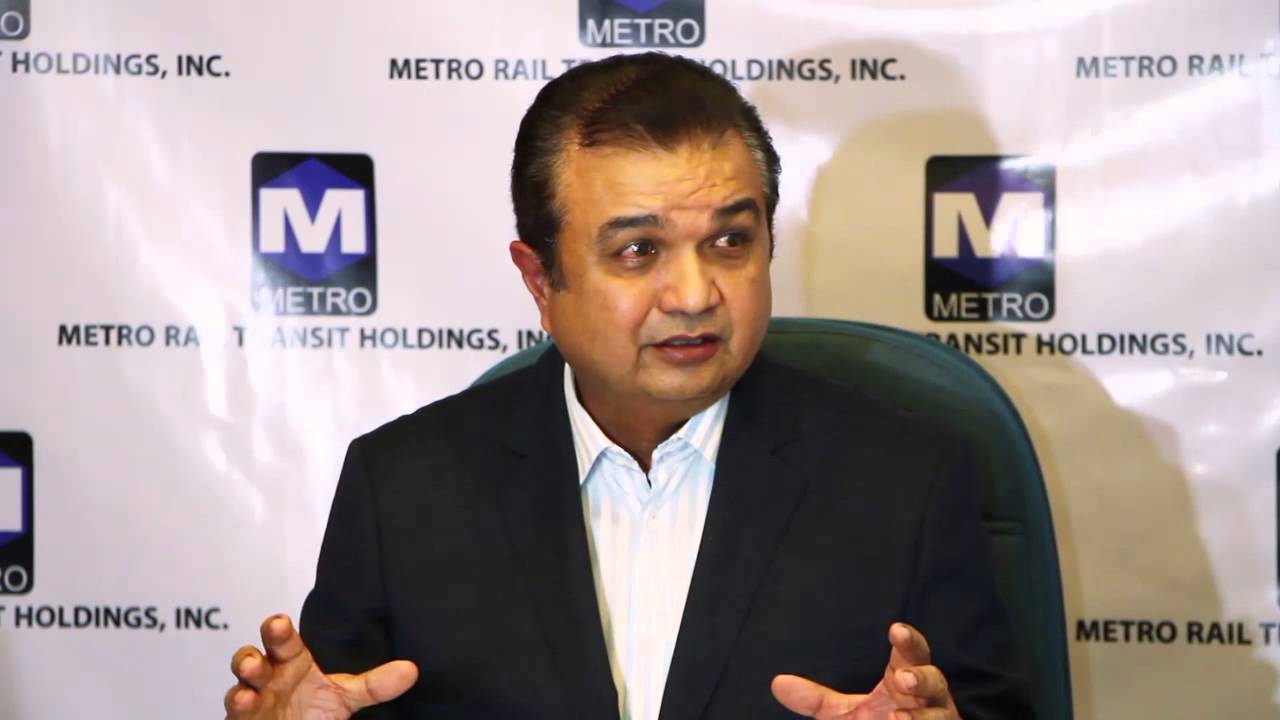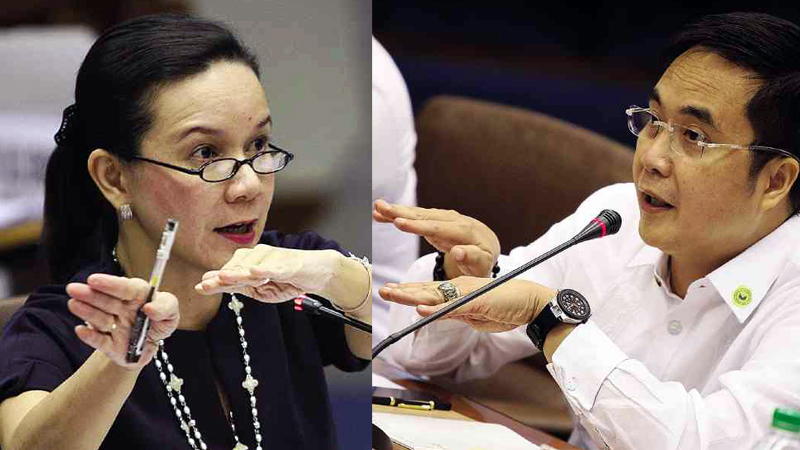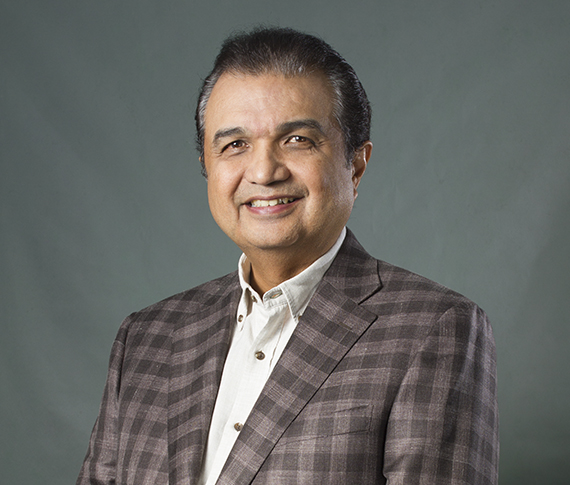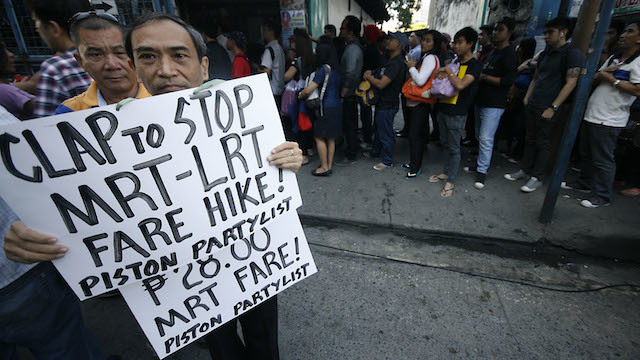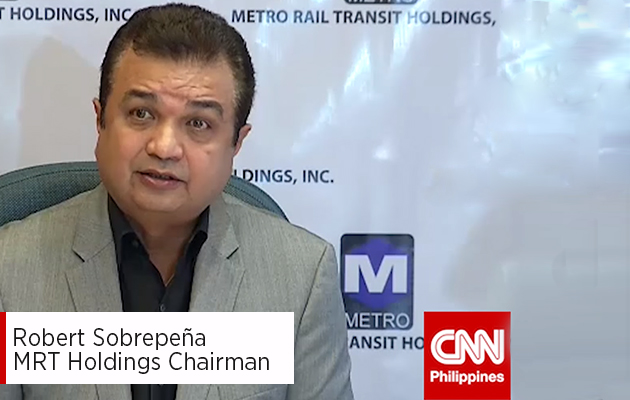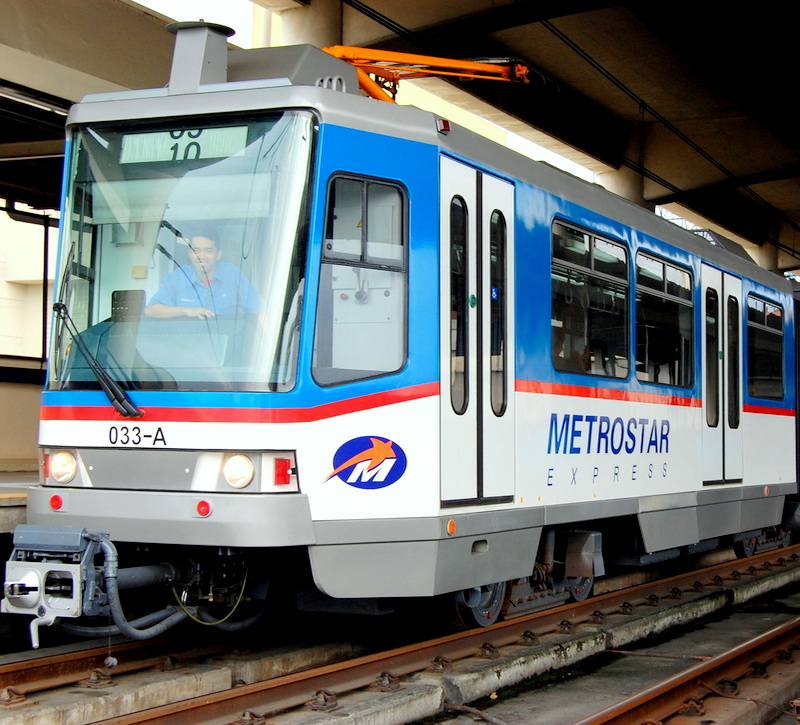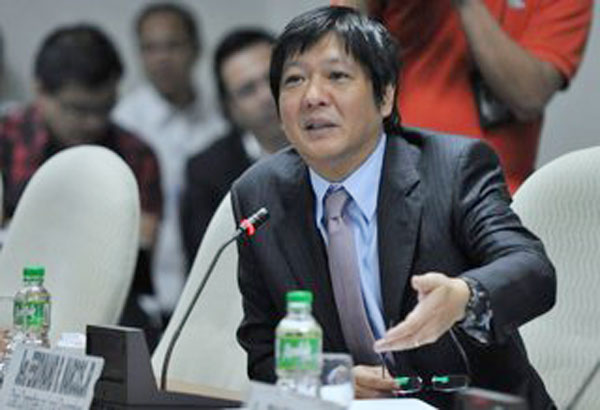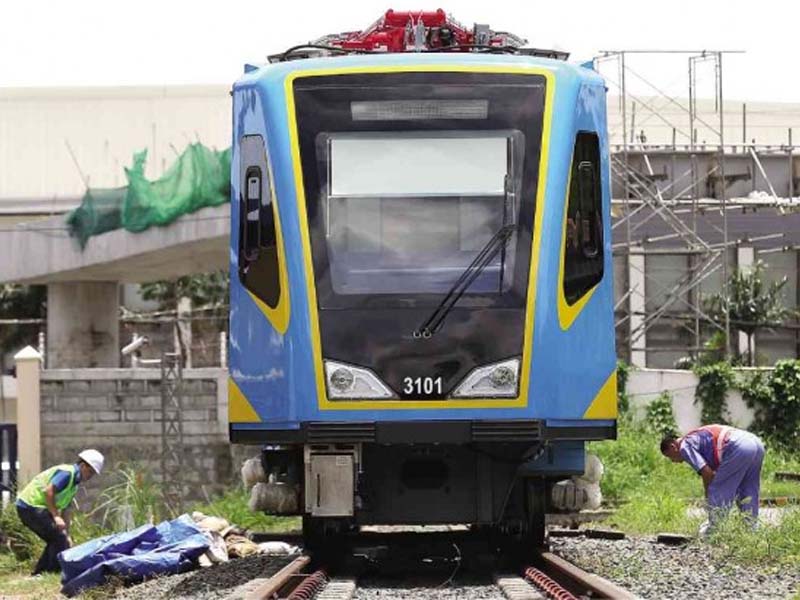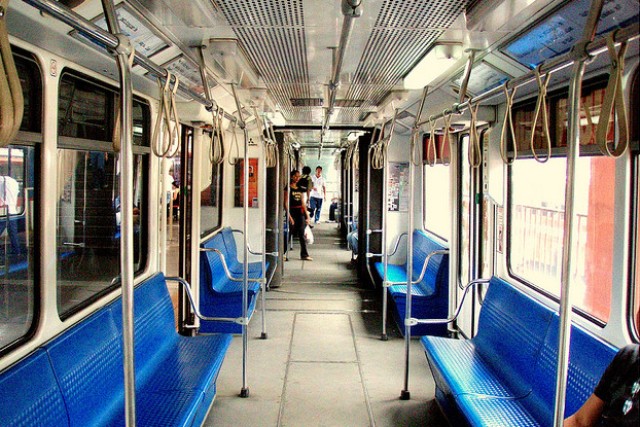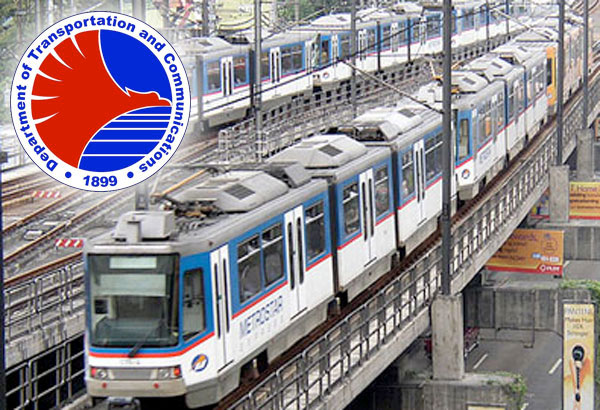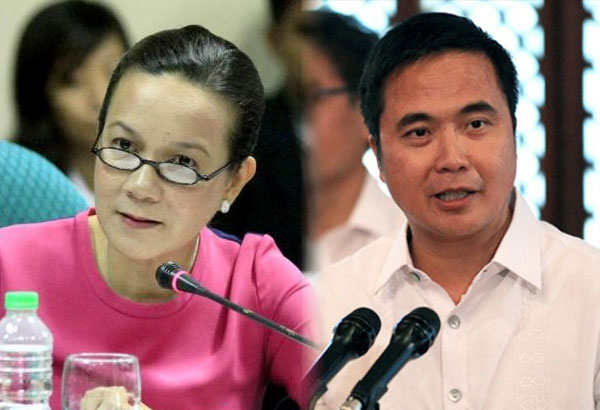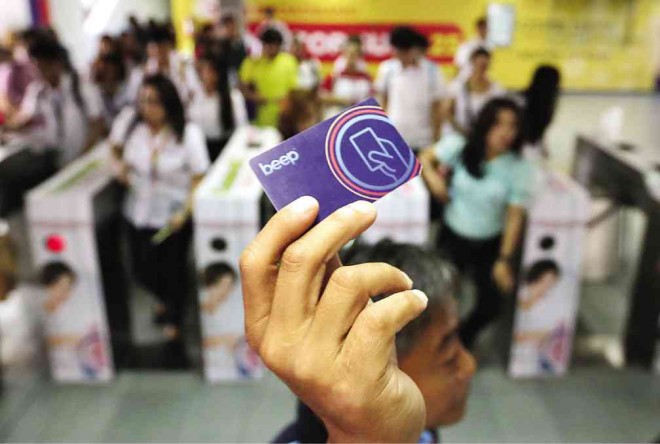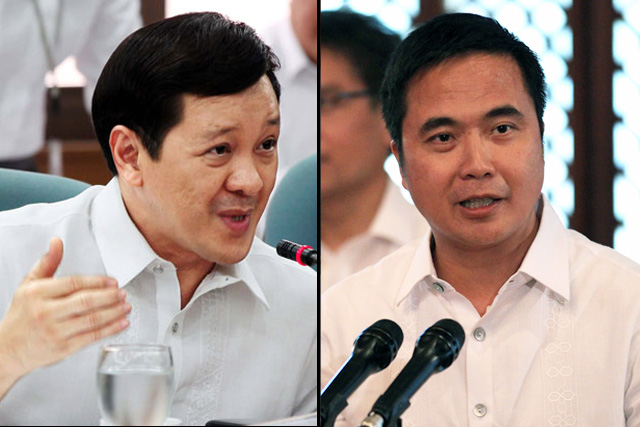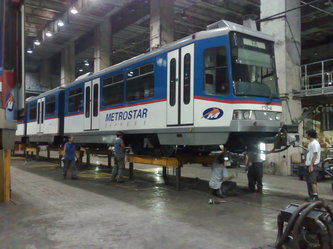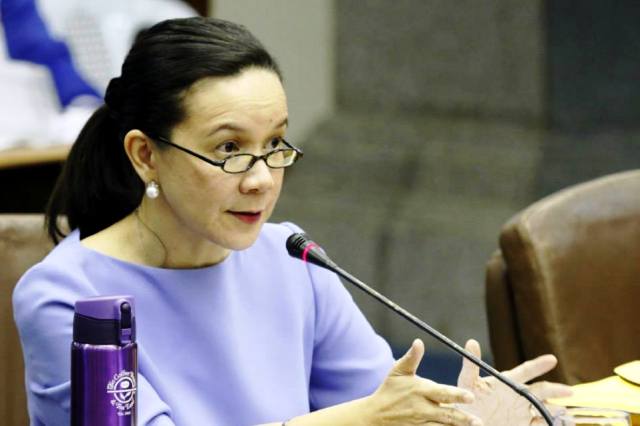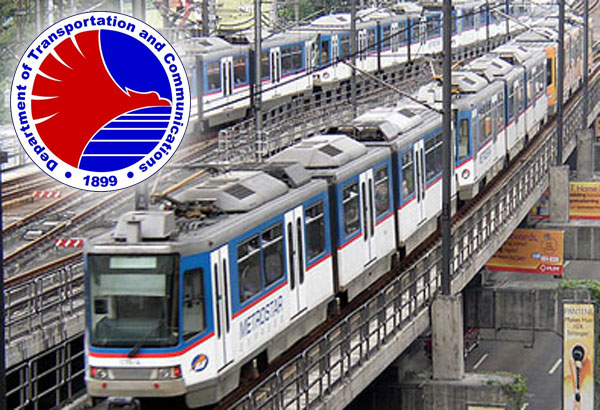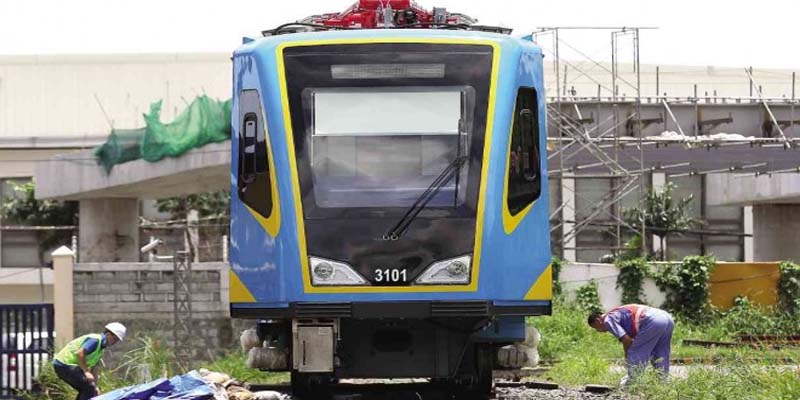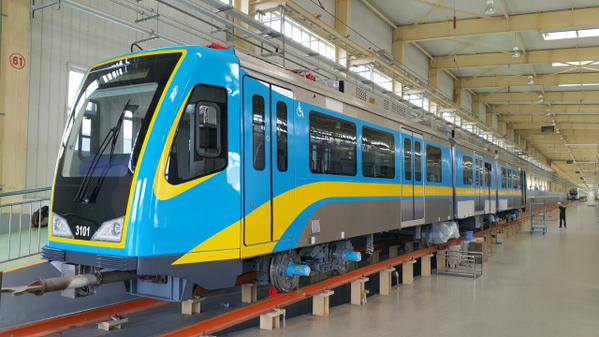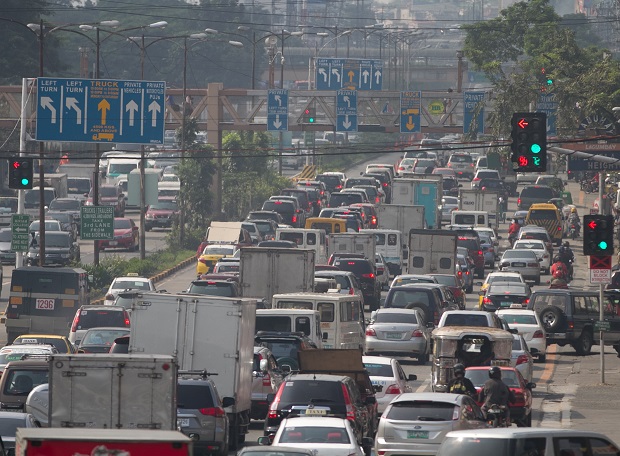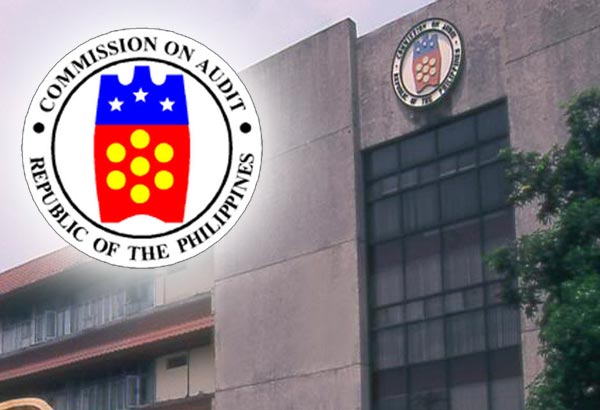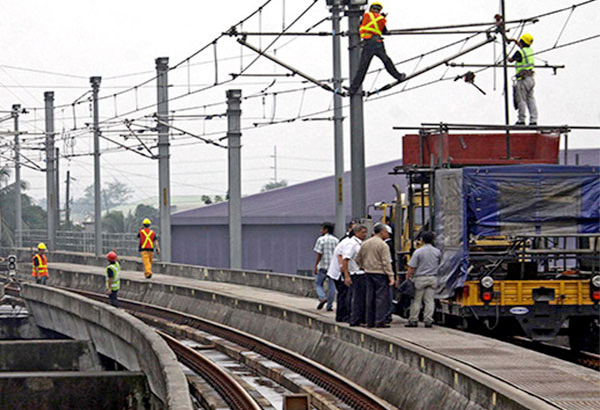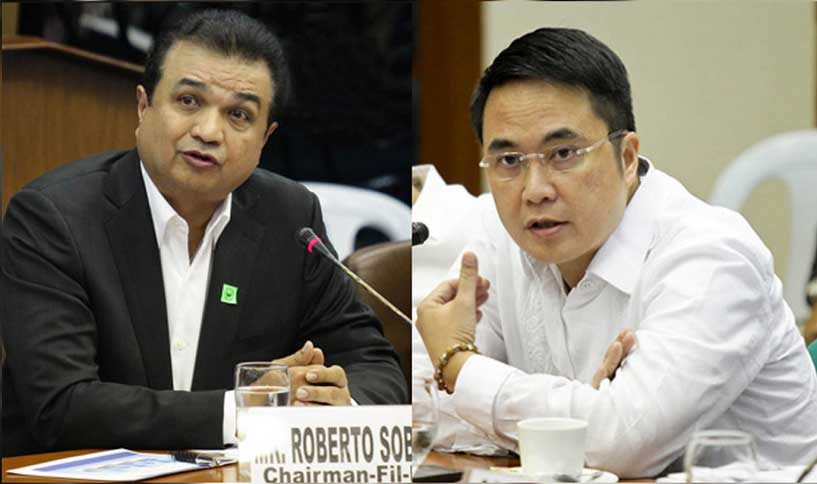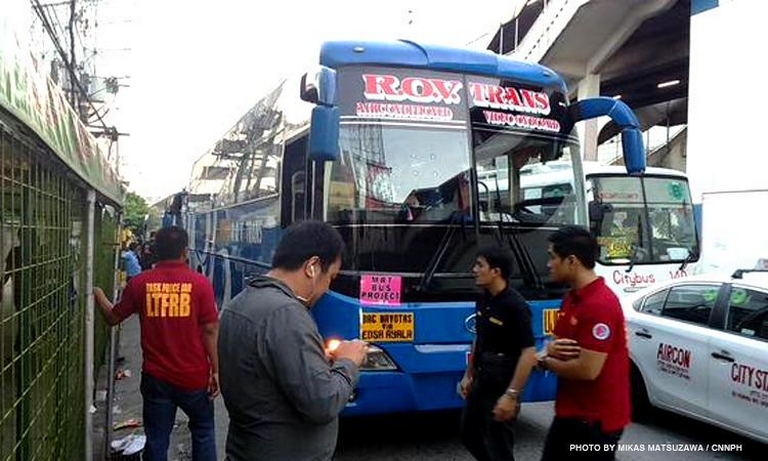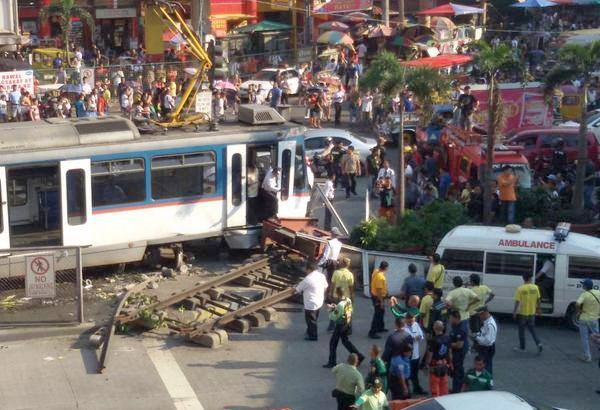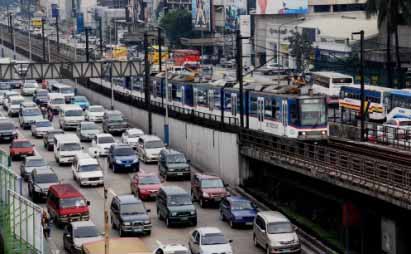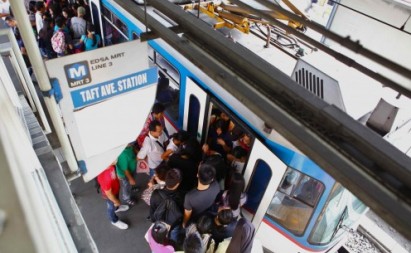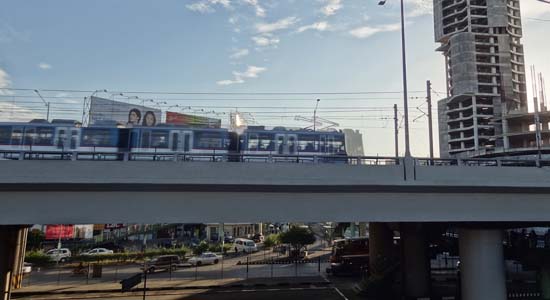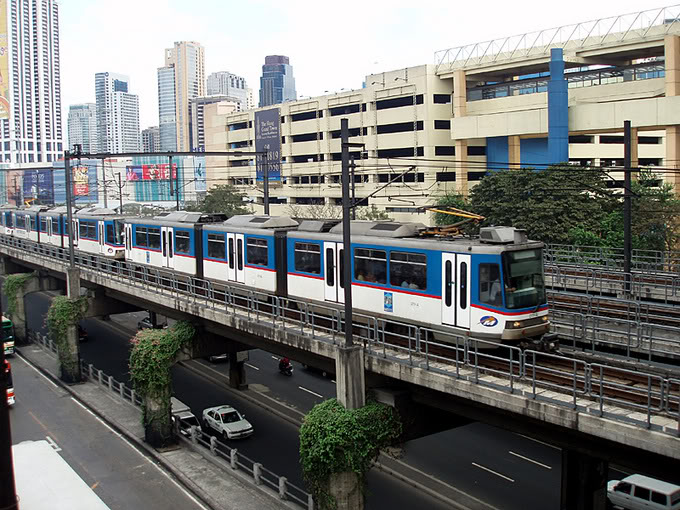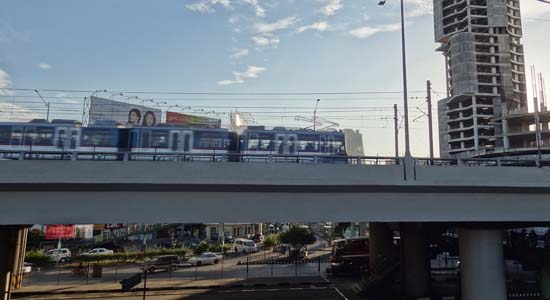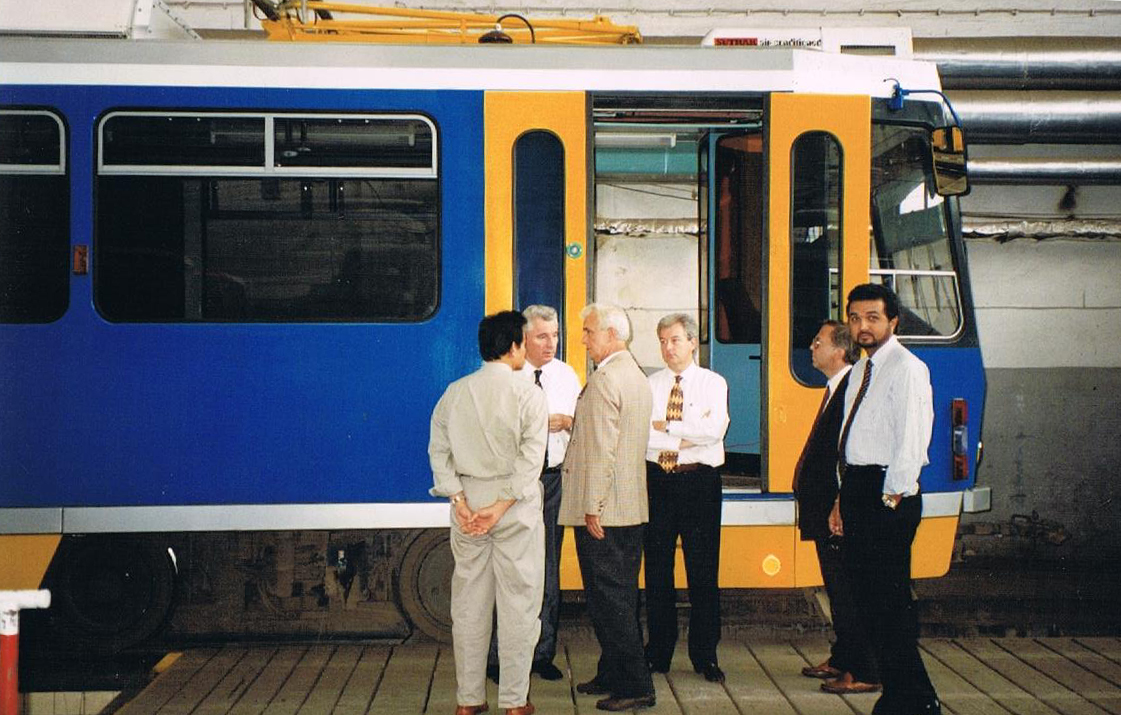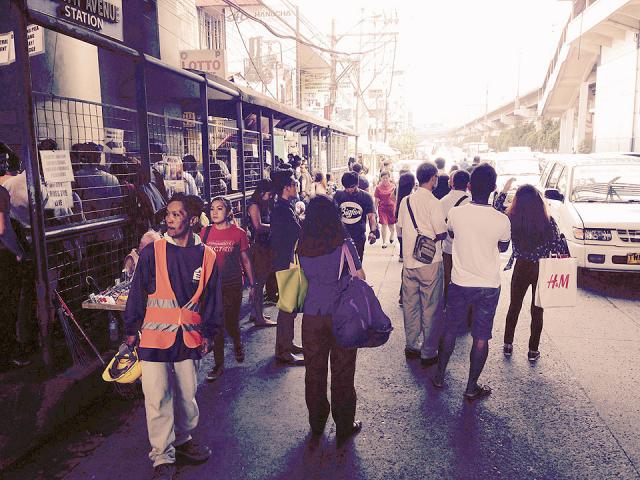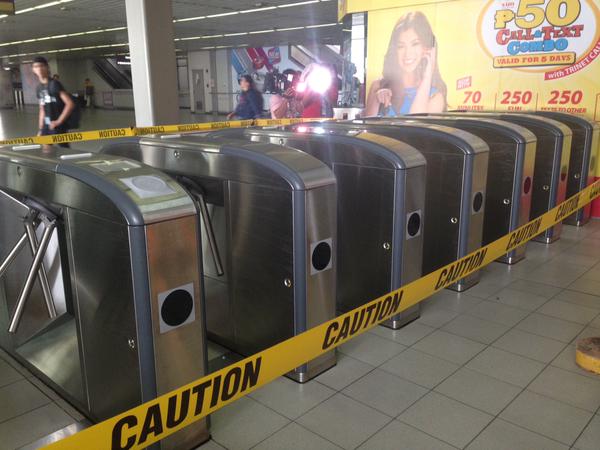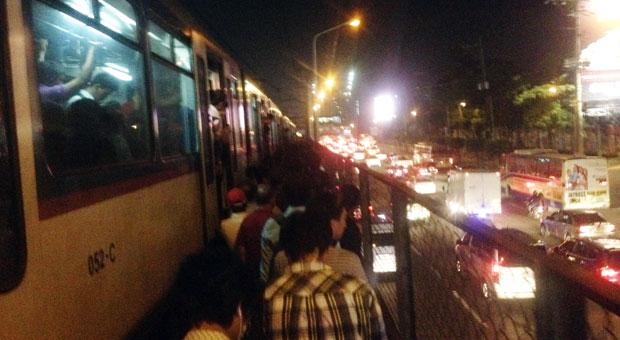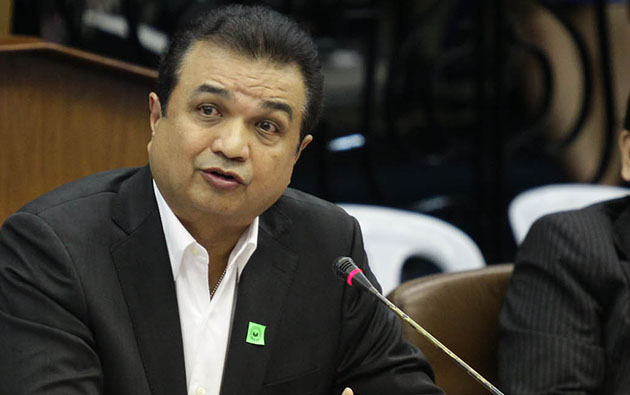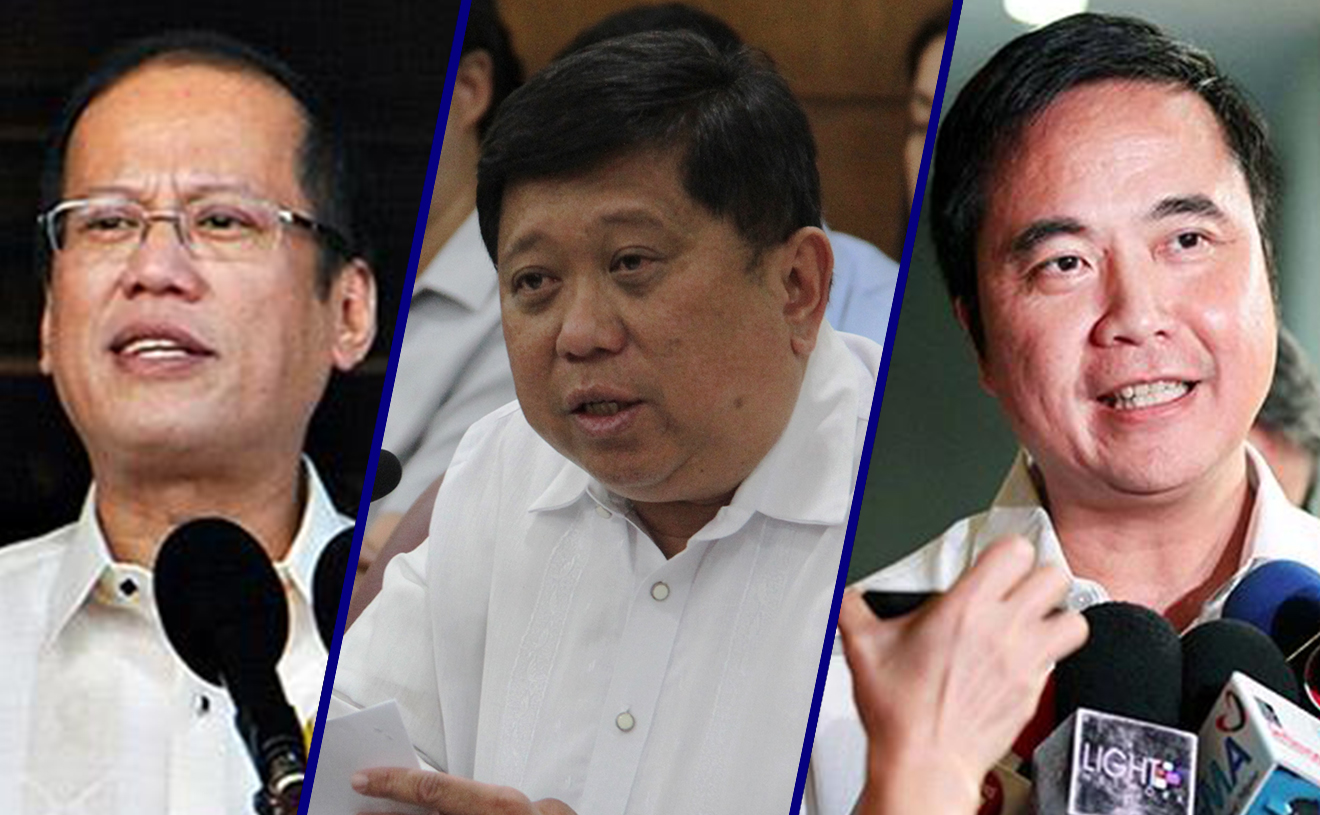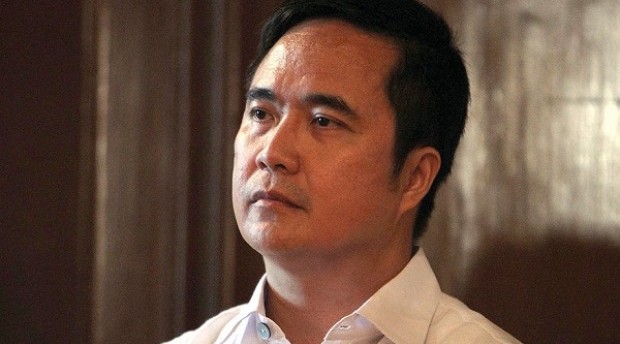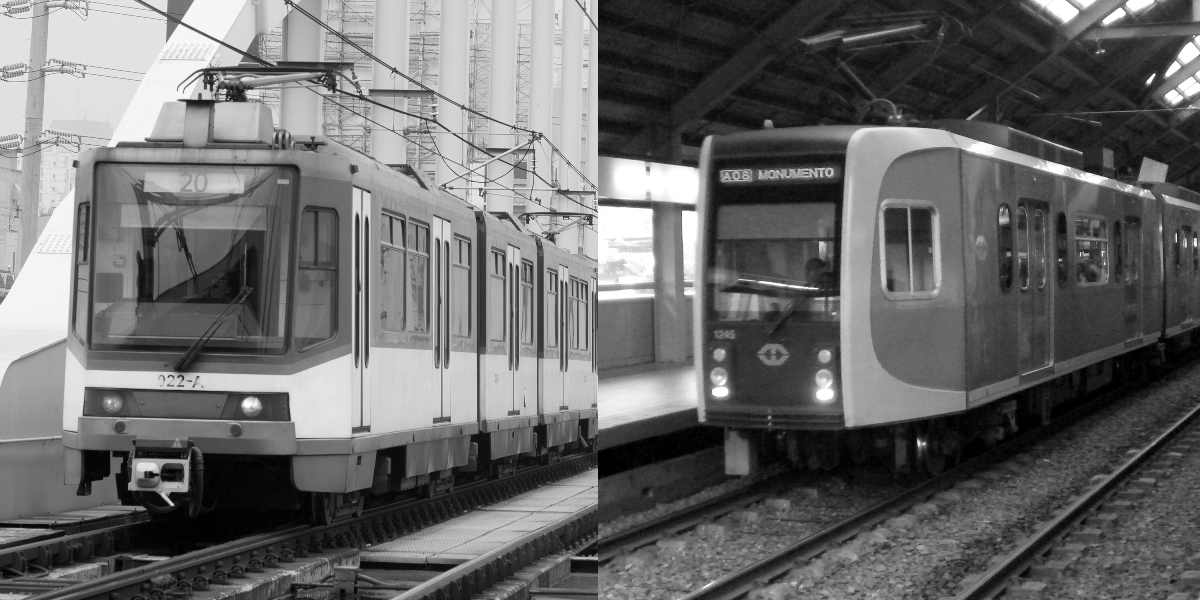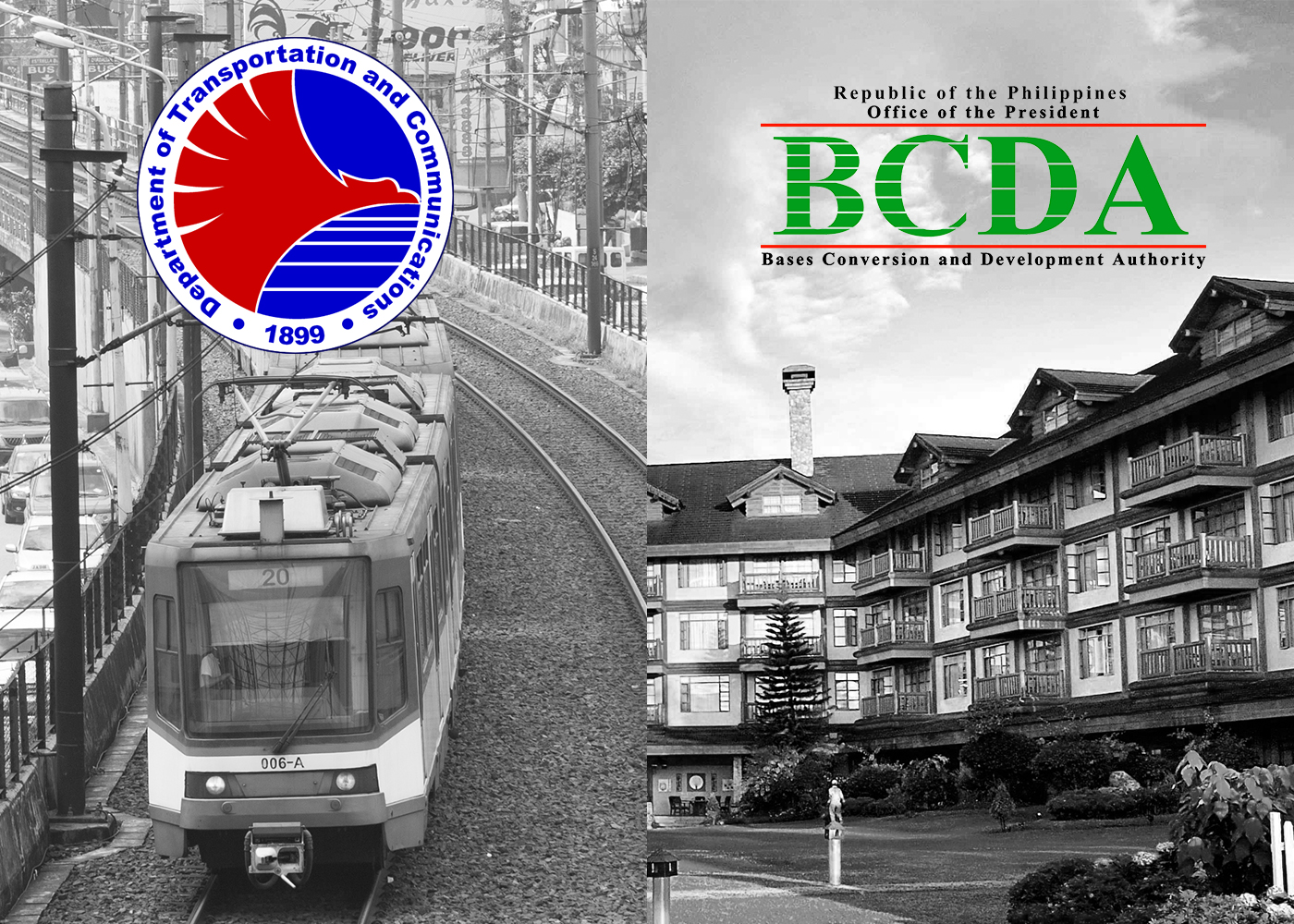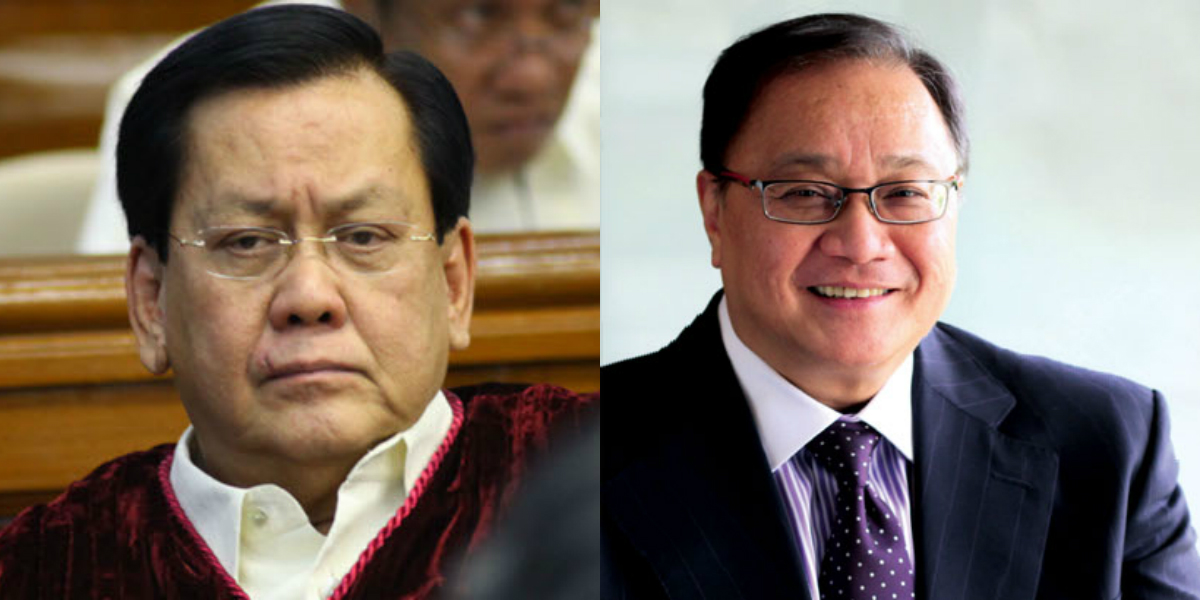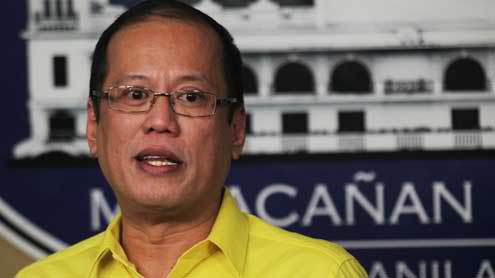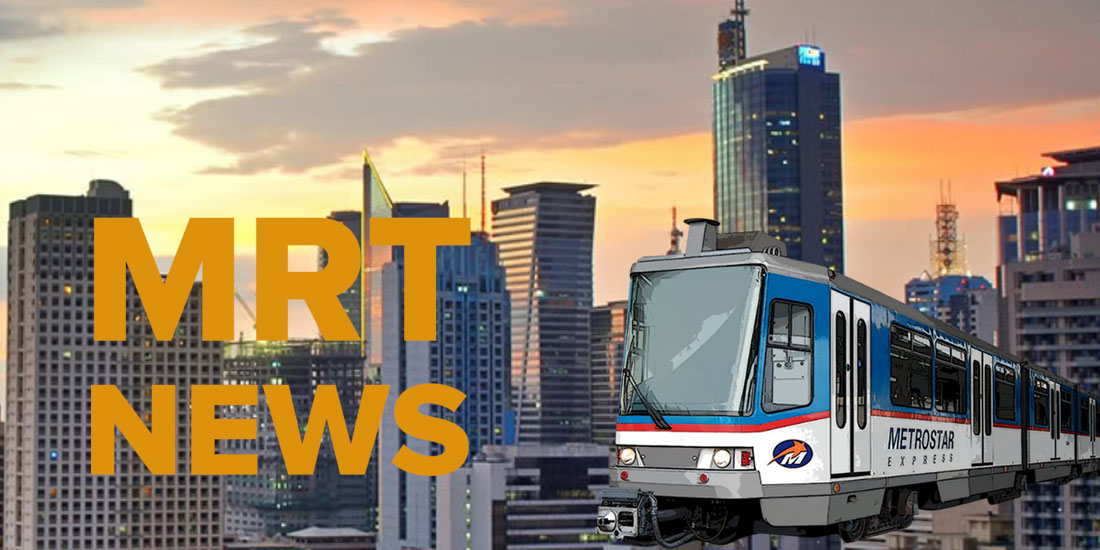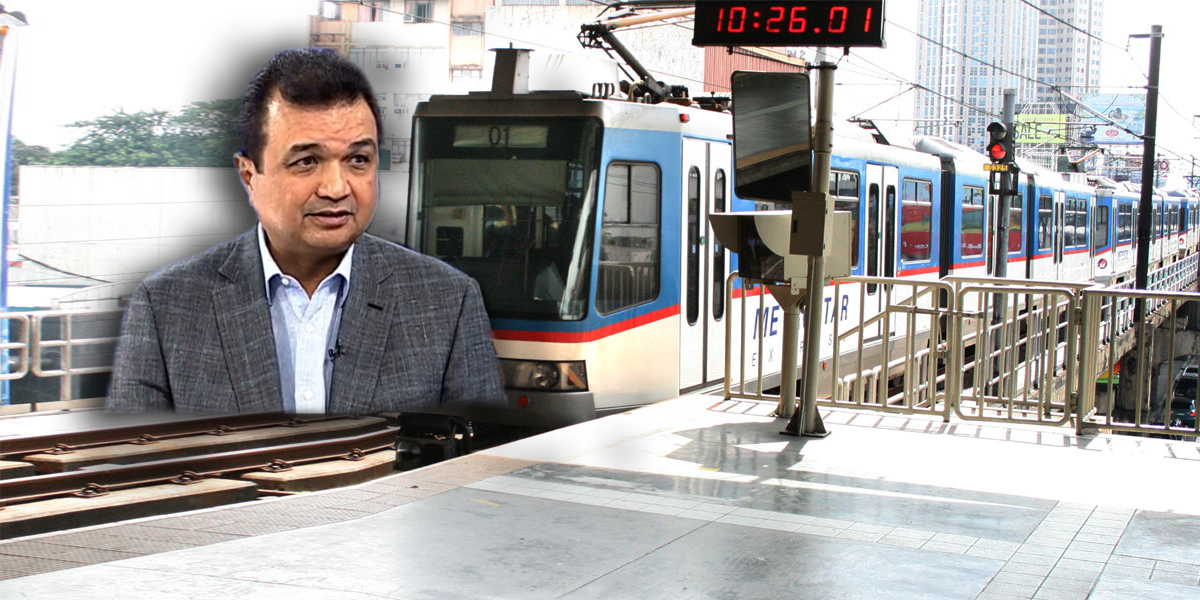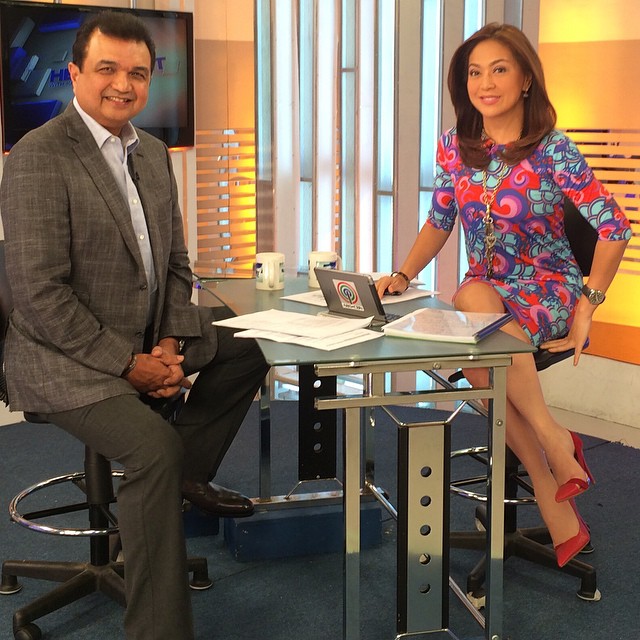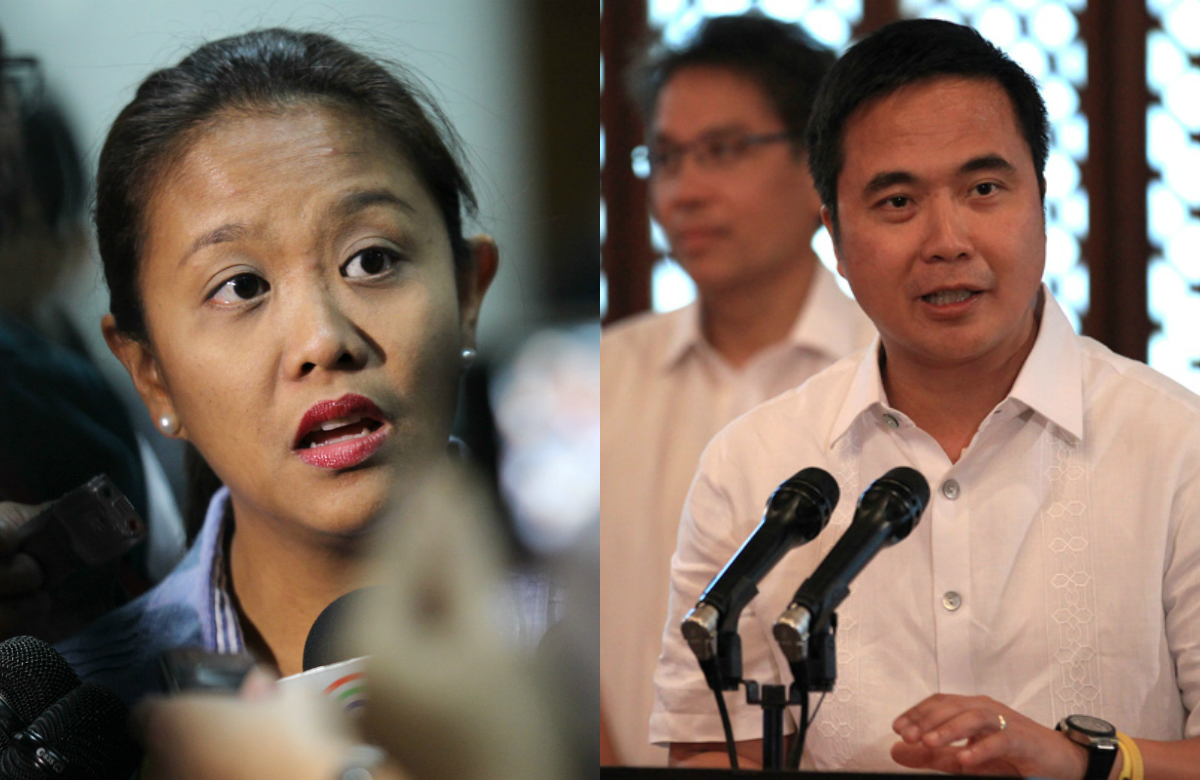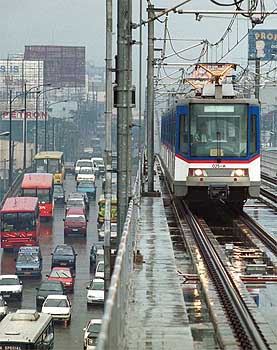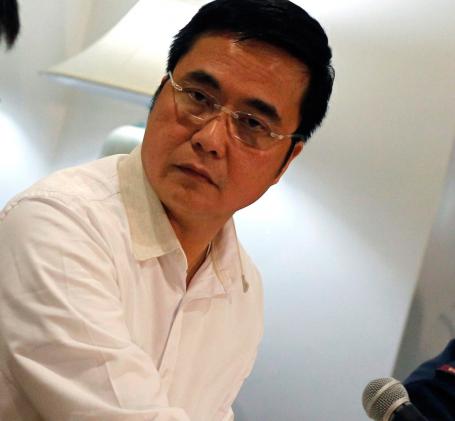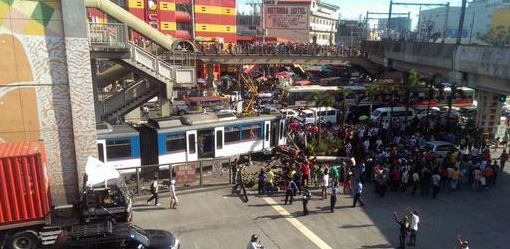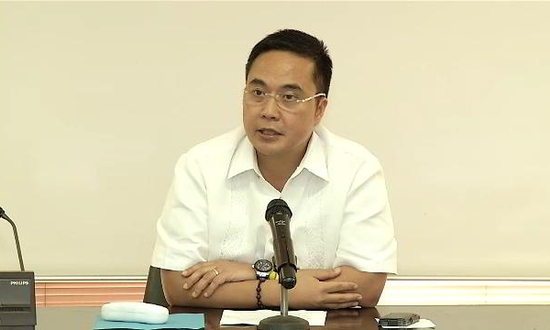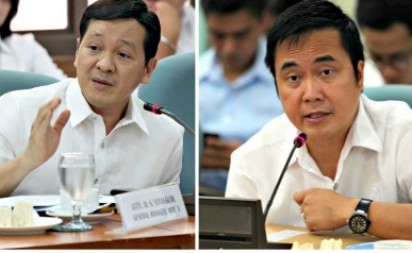By Boo Chanco | The Philippine Star | February 24, 2016
The first debate turned out well, but I doubt the debate convinced the core supporters of candidates to consider the good points of the others. If at all, they were only listening to what their candidate is saying and agreeing with all their hearts. That’s the impression I get from comments and posts on Facebook.
So we heard a lot of promises and good intentions last Sunday evening. But you have to be a fool to think the winner in May will remember what he or she was forced to say in the heat of a campaign.
Indeed, the most important question was not asked: How do they intend to implement all the good plans they say they will do if elected? This is a question that must be asked of them all, most specially Mar Roxas.
The generalities are meaningless. No one is expected to say he or she will not work to improve the lot of our farmers, deliver needed infrastructure quickly and work to make economic growth inclusive.
The only one who need not explain how he intends to make his key promise possible is Duterte. He has a track record in dealing with crime and the drug problem. The only question is how he can do what he has done in Davao for the entire country.
If the debate was an academic symposium on economics and development it would be easy to be impressed with Mar Roxas. He had a good grasp of the subject, even if his tone of delivery may seem condescending at times.
If this was 2010, I would be an all-out supporter of Mar. It was easy to believe Mar was competent then. But now, he must be asked the very basic question: How does he plan to act quickly to deliver his promises?
It is the most relevant question to ask Mar given his DOTC record. I have no doubt Mar has the best interest of the country at heart, but the best of intentions don’t amount to much if we don’t get needed infrastructure and other projects on time.
Mar’s teka teka approach was confirmed in a sworn statement filed with the Supreme Court by former MRT GM Al Vitangcol. Mar was accused by his former subordinate of ignoring his appeals to act expeditiously on the MRT maintenance contract months before the one with Sumitomo expired. Mar’s inaction led to DOTC resorting to an emergency procurement that is now being tried by the Sandiganbayan.
This is how the Inquirer reported on that SC filing by Vitangcol which is a useful indicator of how Mar is as a manager:
“Vitangcol said when he learned the Metro Rail Transit Corp. (MRTC) maintenance agreement with Sumitomo Corporation would expire on Oct. 19, 2012, he wrote a letter to then DOTC Secretary Mar Roxas in May 2012 inquiring on who should undertake the procurement for new maintenance.
“However, getting no response from Roxas, on June 19, 2012, Vitangcol said he wrote a memorandum to (DOTC Usec) Lotilla asking him to act on pending request for MRT3.
“’These issues were never addressed promptly—which, as I warned, caused future operational problems at MRT3,” he said.
“A month later, Vitangcol said he raised with Roxas again the need to bid out a new contract for the maintenance of MRT 3. He even suggested the bidding be carried out by MRTC for lack of time on the part of the DOTC.
“Even chairman and president of MRTC Tomas de Leon Jr. sent a letter to Roxas on July 25, 2012 or three months before the Sumitomo contract expired. De Leon suggested they carry the bidding since they can focus on the procurement process under a favorable timeline and at a lower cost. However, Vitangcol said no action was made on the letter.”
When DOTC Sec. Jun Abaya went to The Star office last month, he blamed tough procurement procedures as the reason why they have failed to roll out projects faster. He said DOTC lawyers wanted to make sure everything is in accordance with the rules. Yet, they keep on getting into trouble with COA.
If the procurement law is the hindrance to a faster roll out, how come the DPWH seems to have little or no problems and they operate under the same law? The question to ask Roxas now is, given the procurement law has not been repealed, how does he plan to move things faster as President Roxas that he was unable to do as Secretary Roxas?
Indeed, the same question ought to be asked of all the candidates. Jojo Binay does not have any problems with the procurement law. The candidates must tell us how to make the law effective against corruption, but at the same time not a hindrance to delivery of long needed projects.
Since a President cannot run government by himself, I think it is important to ask the candidates who will be their cabinet secretaries for the key portfolios of Finance, Agriculture, Foreign Affairs and Defense. It is also important to know who will be the principal economic adviser.
They have to convince whoever it is they want to appoint to those positions to allow their names to be revealed now. This is only fair because with some of them like Duterte, we know that outside of law and order, we are not confident he already understands the important issues at stake.
Making their health records public should also be demanded. With Miriam admitting having been afflicted by cancer and Duterte close to fainting on the campaign trail, we need to know if their health can make them last a full six year term.
It would be unfair for us to vote for Miriam or Duterte and for them to die in office or too sick to govern and turn the presidency over to, heaven forbid, Mr. Marcos. Fine if the VP is someone with the integrity and devotion to public service as Leni Robredo. But any of the other candidates for VP would be bad news for the country.
The first debate was a good start in educating the voters. But if we are going to do this anyway, let us do this right. Let us make sure the voters are totally educated on who the candidates really are and what they can reasonably deliver.
Using the driver hiring analogy of Mar Roxas, he asked if we would hire a driver: “with a case of corruption, a hot-head who is prone to accidents, or someone who is just learning to drive?” I would say that neither would I hire a driver who hesitates to press the start button to get the car moving on the road because he is worried he may get a traffic ticket.
For the next debates, I hope the panels ask the right questions. Anything short of that is a disservice to our democracy.
 Twitter
Twitter Facebook
Facebook